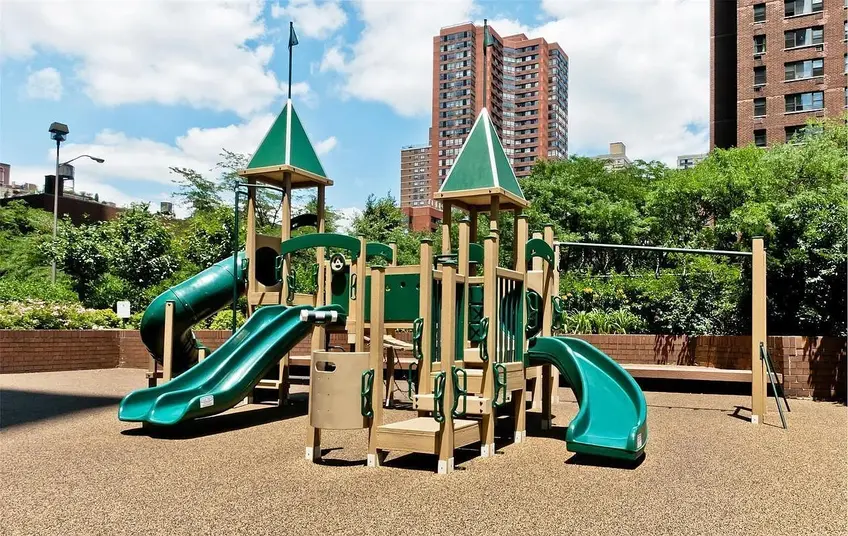 Playground at Ruppert Yorkville Towers on the Upper East Side
Playground at Ruppert Yorkville Towers on the Upper East Side
Since 2020, families have been leaving New York City at an alarmingly high rate. In July 2024, Bloomberg reported that the city's under-5 population has fallen by 18 percent since the start of the pandemic. For many families, the decision to leave New York City is based on one factor—the ongoing shortage of affordable family housing both on the rental and buying sides of the market.
As families continue to search for more space and more affordable space in the suburbs and beyond, state and city officials continue to look for solutions. In early 2025, Mayor Eric Adams announced plans to launch City of Yes for Families, an initiative that promises to build more family-size housing units and multi-generational homes across the city.
With Mayor Adams's term soon coming to a close, it is unclear whether he will have time to fully launch his plan, but this doesn't mean the need for family housing is disappearing. His successor will also need to address how to build more housing for local families, which raises an important question: What counts as so-called "family housing" in the nation's most densely populated city?
With Mayor Adams's term soon coming to a close, it is unclear whether he will have time to fully launch his plan, but this doesn't mean the need for family housing is disappearing. His successor will also need to address how to build more housing for local families, which raises an important question: What counts as so-called "family housing" in the nation's most densely populated city?
In this article:
Definitions of family housing in the United States versus New York City
According to the U.S. Department of Housing and Urban Development, a residence must not have more than two persons occupying each bedroom, though their guidelines also state, "An owner may establish a different standard for assigning unit size based on specific characteristics of the property (e.g., some bedrooms are too small for two persons)." As a result, a couple with three children, regardless of the children’s ages, should be living in a three-bedroom residence to be in compliance with HUD standards.While most families with three children naturally desire a three- or even four-bedroom home, depending on the city, this may not be a reasonable expectation. After all, renting a three-bedroom apartment in New York City can cost more than three times the cost of renting a three-bedroom apartment in many other U.S. cities.
Recognizing that the cost of housing per square foot and even the inventory of available multi-room residences in New York City differs significantly from other cities and towns, New York City has historically had its own occupancy rules. According to NYC’s Housing Maintenance Code ("the Code"), apartments may be rented to "families," and a family, according to the Code, can include up to three "unrelated persons."
This generally means that four housemates living together are violating the Code (though the Code is rarely enforced), but one or two parents or guardians living with one or more children, even in a one-bedroom unit, are not in violation. This explains why so many local families are able to legally live in “flexed” units (e.g., a studio or one bedroom that has been "flexed" into a one- or two- bedroom unit with a temporary wall or convertible furniture such as a wall bed in the living area).
This generally means that four housemates living together are violating the Code (though the Code is rarely enforced), but one or two parents or guardians living with one or more children, even in a one-bedroom unit, are not in violation. This explains why so many local families are able to legally live in “flexed” units (e.g., a studio or one bedroom that has been "flexed" into a one- or two- bedroom unit with a temporary wall or convertible furniture such as a wall bed in the living area).
That being said, there are a few notable exceptions. In New York City, subsidized housing options, including Mitchell Lama and NYCHA residences, have both lower and upper limits on the number of occupants per bedroom; these are more strictly regulated than market-rate buildings. Likewise, many New York City co-op buildings have their own occupancy rules, though they must adhere to the general rule that one has the right to live with their immediate family.
The average square footage of U.S. versus New York City homes
Occupancy rules aren’t the only way that family housing differs in New York City compared to most regions of the country.According to the U.S. Census, in 2023, the median square footage of a new single-family house in the United States was 2,286 square feet, though the average home in the Northeast was slightly larger (2,430 square feet). In sharp contrast, the average size of an apartment located in Manhattan, Brooklyn, or Queens was less than 750 square feet, which means that New York City apartments are, on average, roughly a third the size of the regional average for residences in the Northeast. So, how much space does a family really need to live? As it turns out, size isn't everything for New York families.
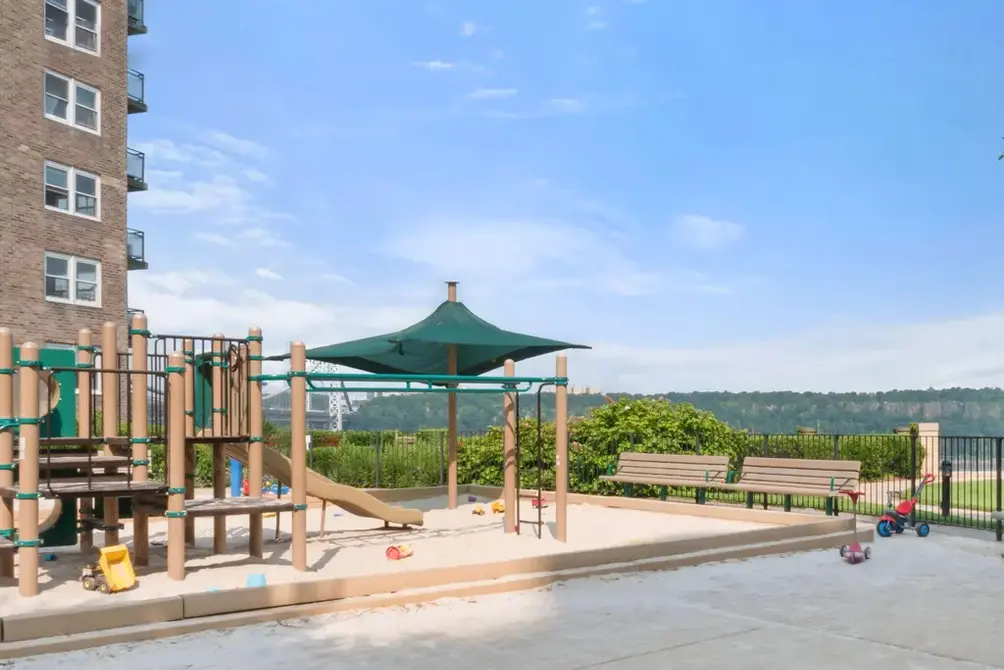 Residents-only playground at Castle Village (Compass)
Residents-only playground at Castle Village (Compass)
Although slightly larger apartments can be found at more affordable rates uptown and in some further-reaching Brooklyn and Queens neighborhoods, many New York City families still choose to live in closer quarters, especially if it makes coveted features, amenities, or neighborhoods accessible. For example, modern apartment features, including cleverly designed built-ins and modular furniture, can make smaller apartments more, not less, functional for families.
Family-friendly building amenities, including playrooms, party rooms, workspaces, pools, and gyms, are another huge draw. They stretch the space of one’s apartment by offering places to play, socialize, and work outside one’s home but still inside one’s building.
Finally, there is the major consideration of location. In a city where one can easily spend several hours a day on public transit, for many families, proximity to parks, schools, and the nearest subway entrance can be just as important, if not more so, than an extra few square feet or even an additional bedroom.
Family-friendly building amenities, including playrooms, party rooms, workspaces, pools, and gyms, are another huge draw. They stretch the space of one’s apartment by offering places to play, socialize, and work outside one’s home but still inside one’s building.
Finally, there is the major consideration of location. In a city where one can easily spend several hours a day on public transit, for many families, proximity to parks, schools, and the nearest subway entrance can be just as important, if not more so, than an extra few square feet or even an additional bedroom.
Reimagining family housing for New York City
The exodus of families from New York City is a challenge that isn’t going away. Solving it will require politicians, urban planners, and architects to look beyond rooms and square footage. In a city where traditional definitions of family housing don’t always hold, defining and delivering quality family housing starts by paying attention to the size of residences in combination with their design, context, and location.Family-friendly NYC listings
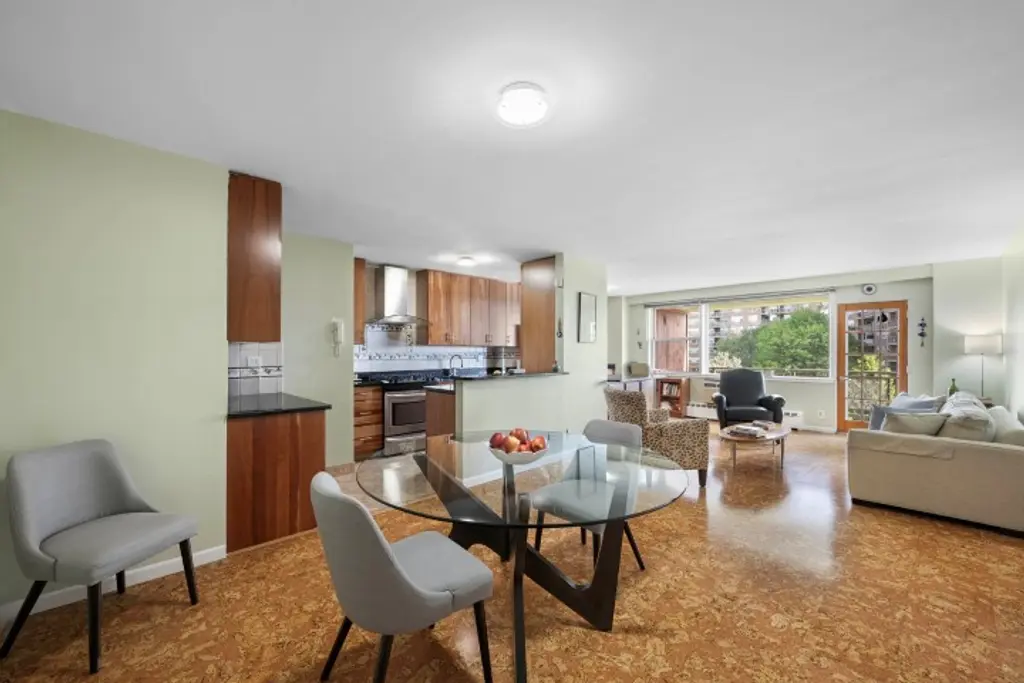
Skyview on Hudson, #6W (Argo Residential)
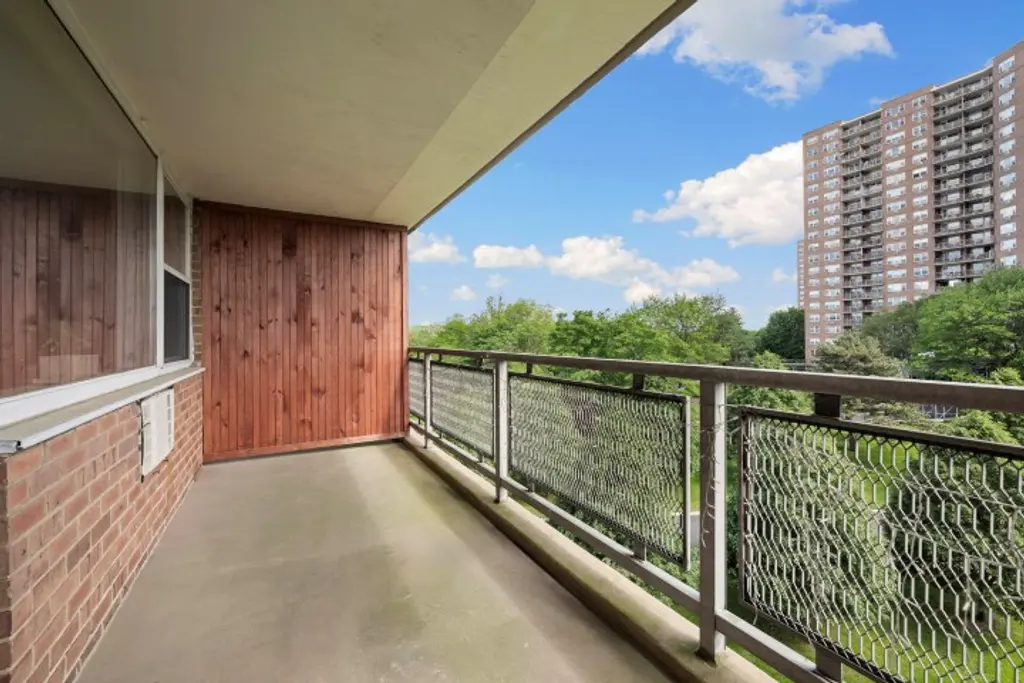
River Point Towers, #8H
$498,888 (-7.4%)
Spuyten Duyvil | Cooperative | 2 Bedrooms, 2 Baths | 1,200 ft2
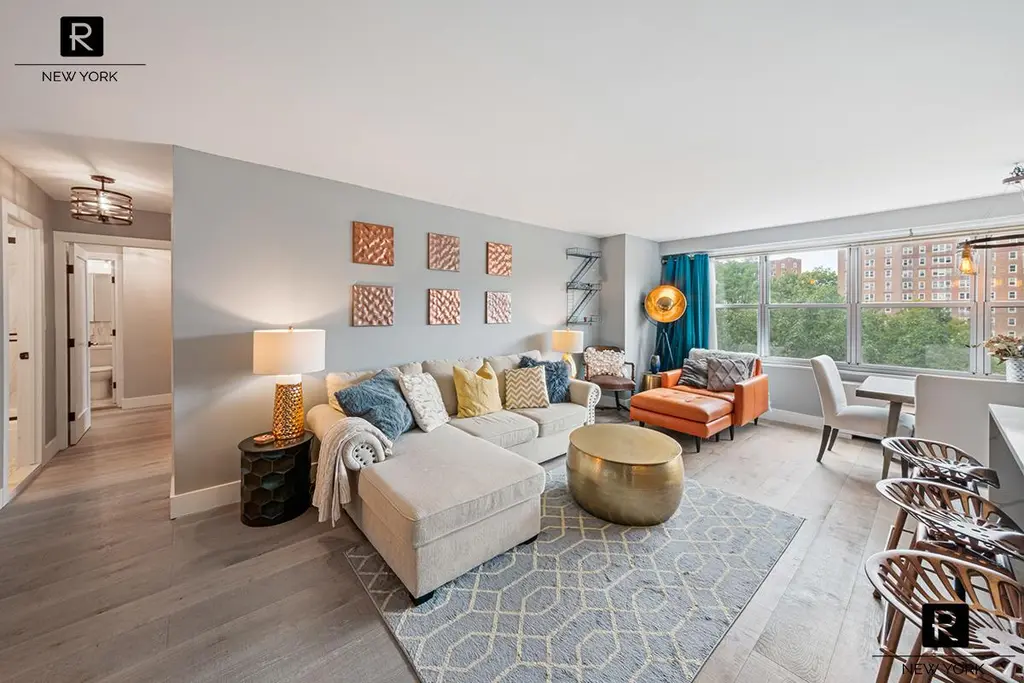
River Point Towers, #8H (R New York)
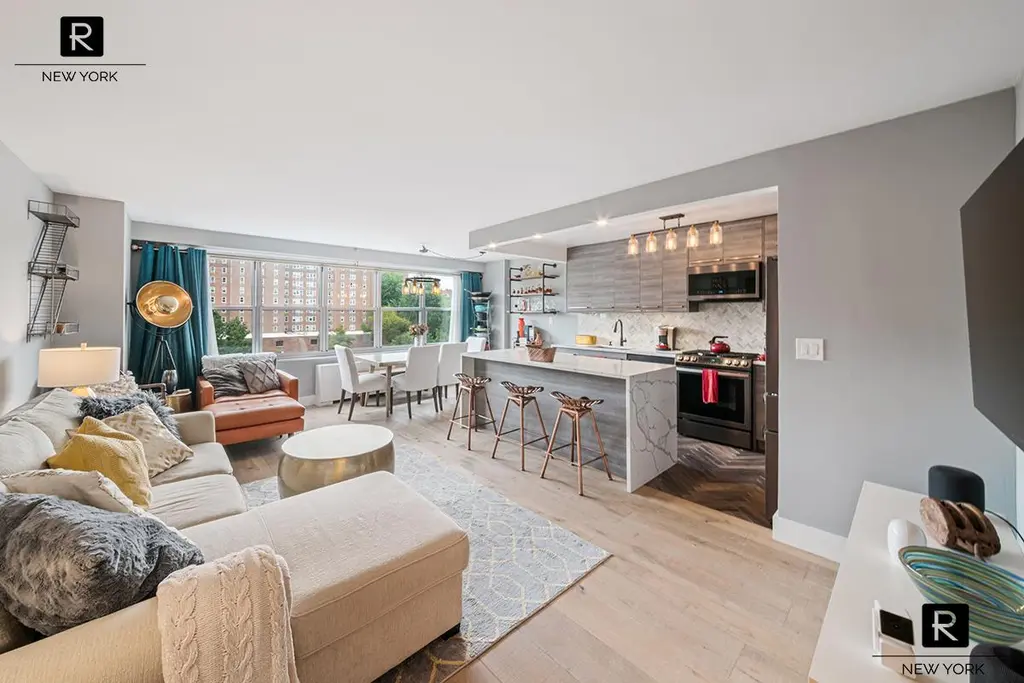
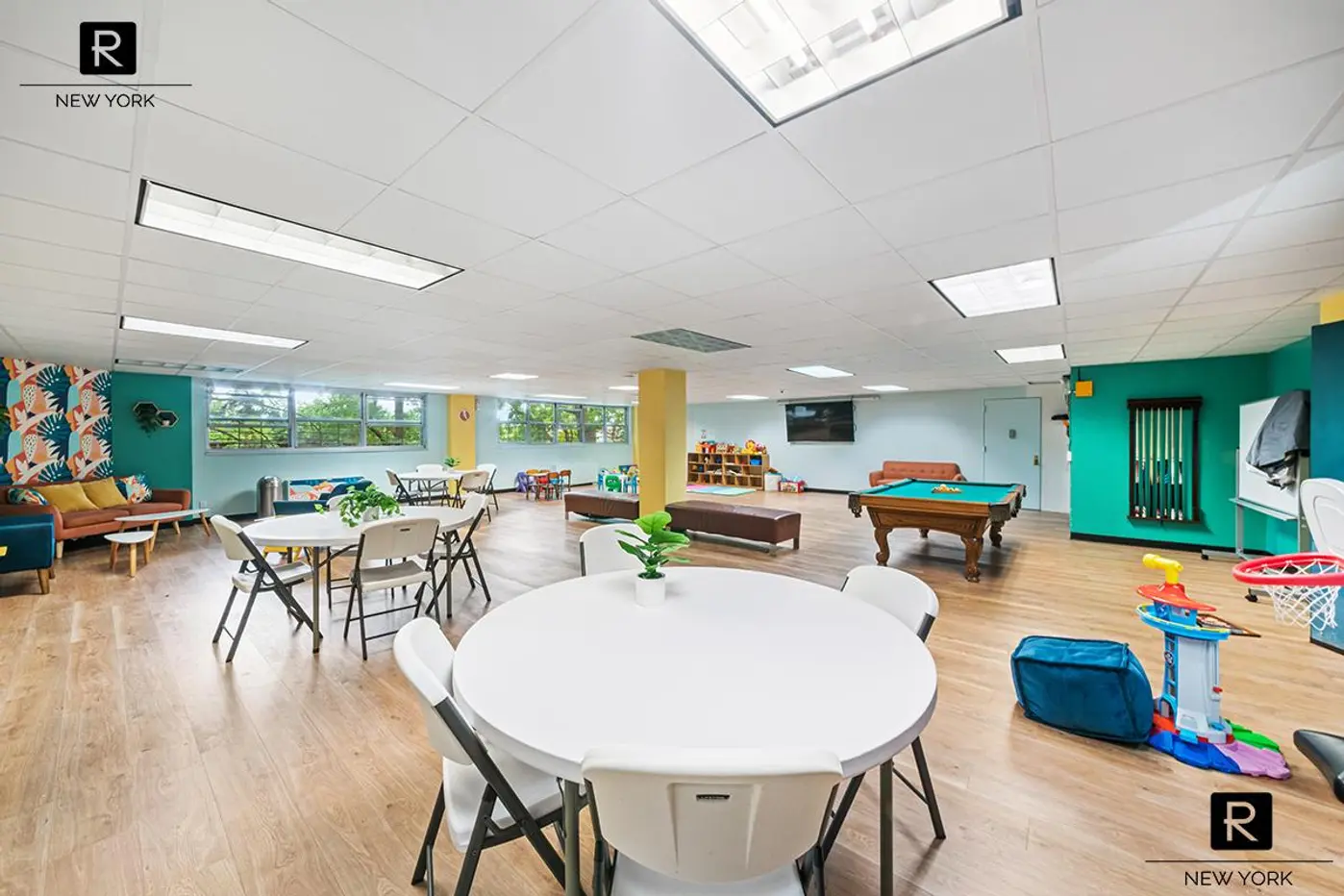
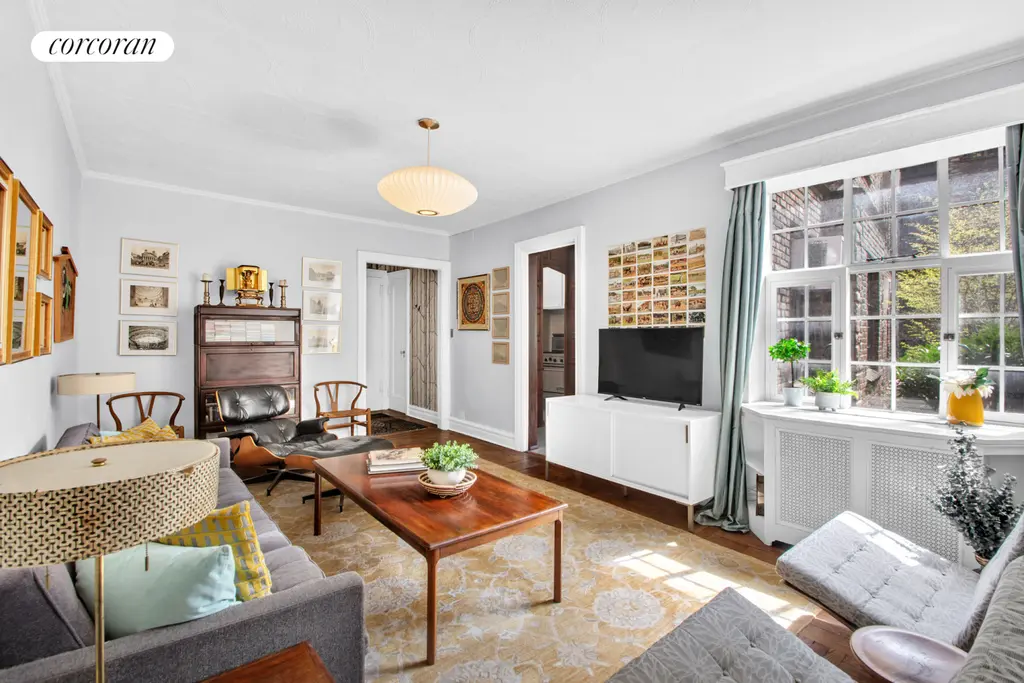
Hudson View Gardens, #H14 (Corcoran Group)
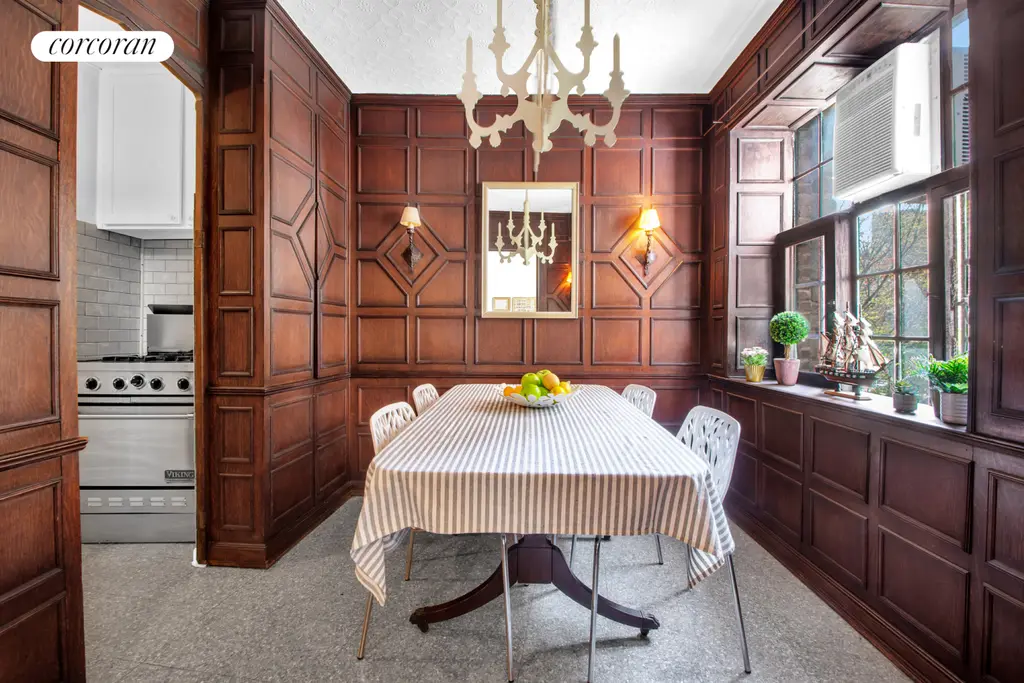
University Towers, #8J
$749,000 (-4.6%)
Downtown Brooklyn | Cooperative | 2 Bedrooms, 2 Baths | 820 ft2
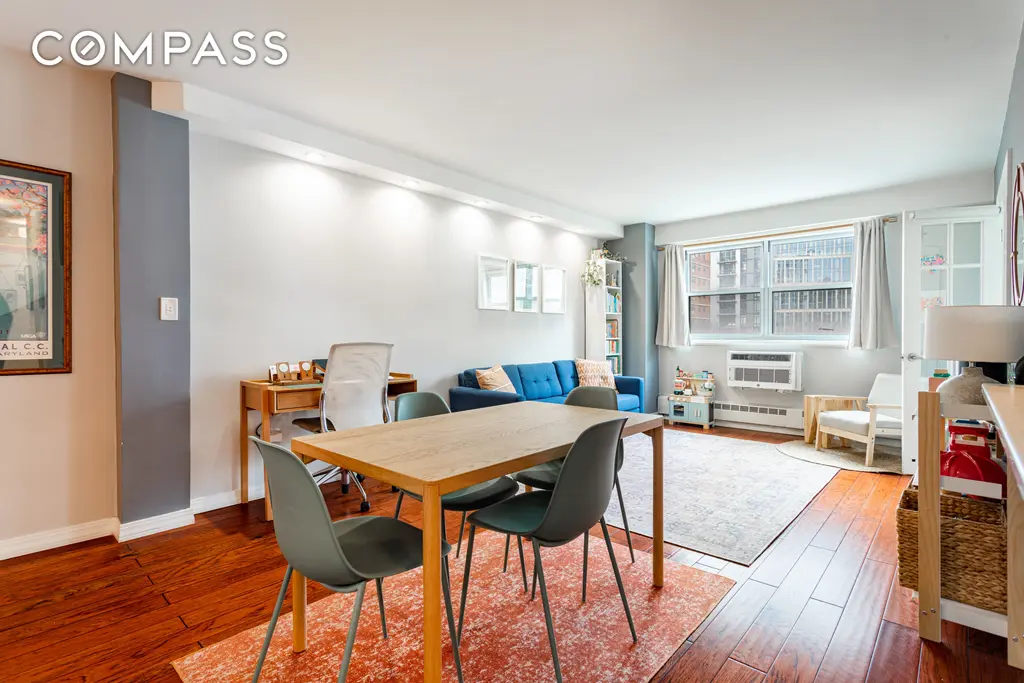
University Towers, #8J (Compass)
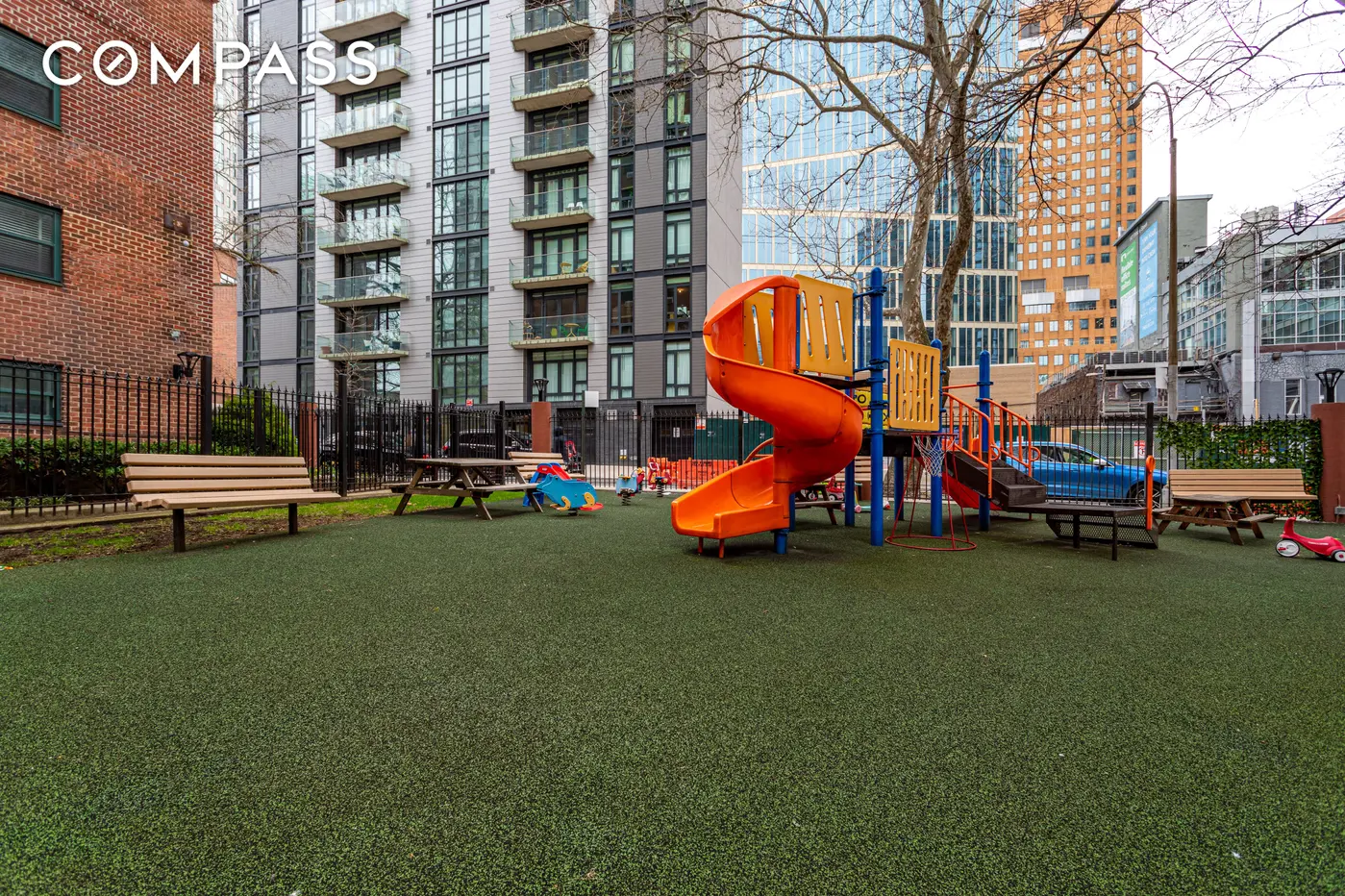
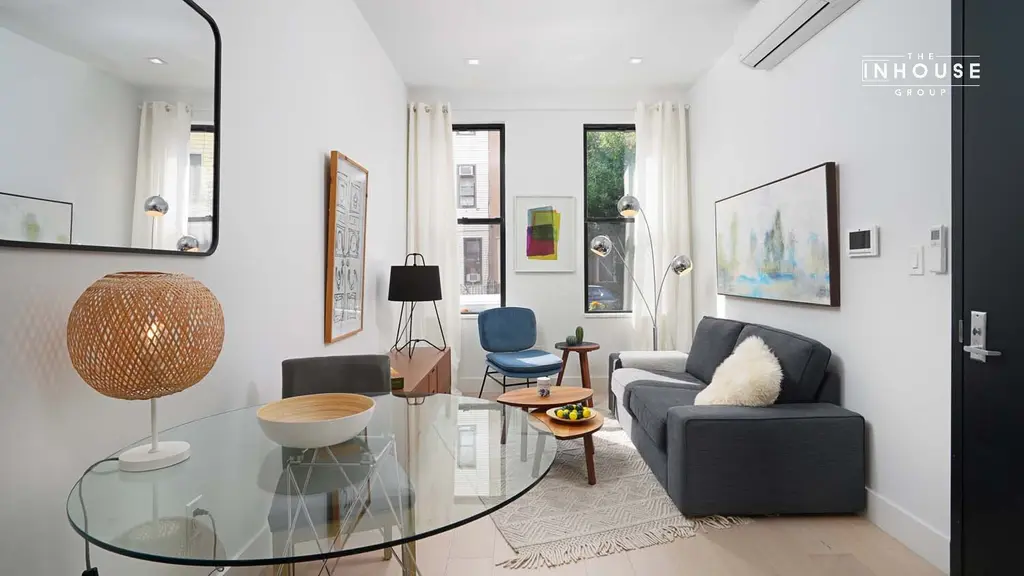
1484 Dekalb Avenue, #B (In House Group)

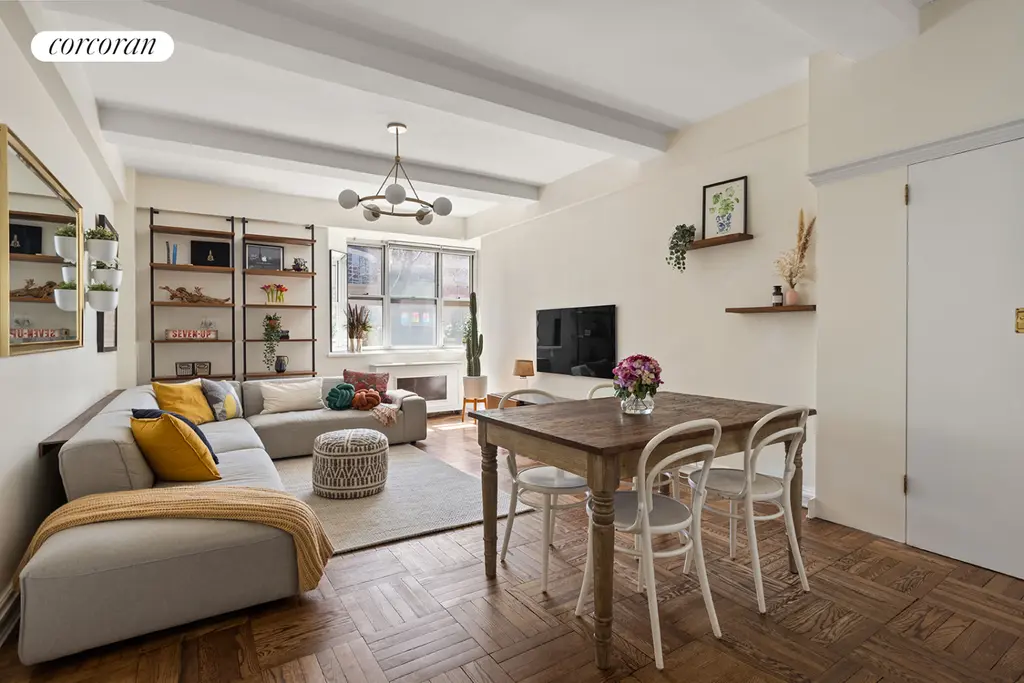
Hillman Coop, #GGE (Corcoran Group)
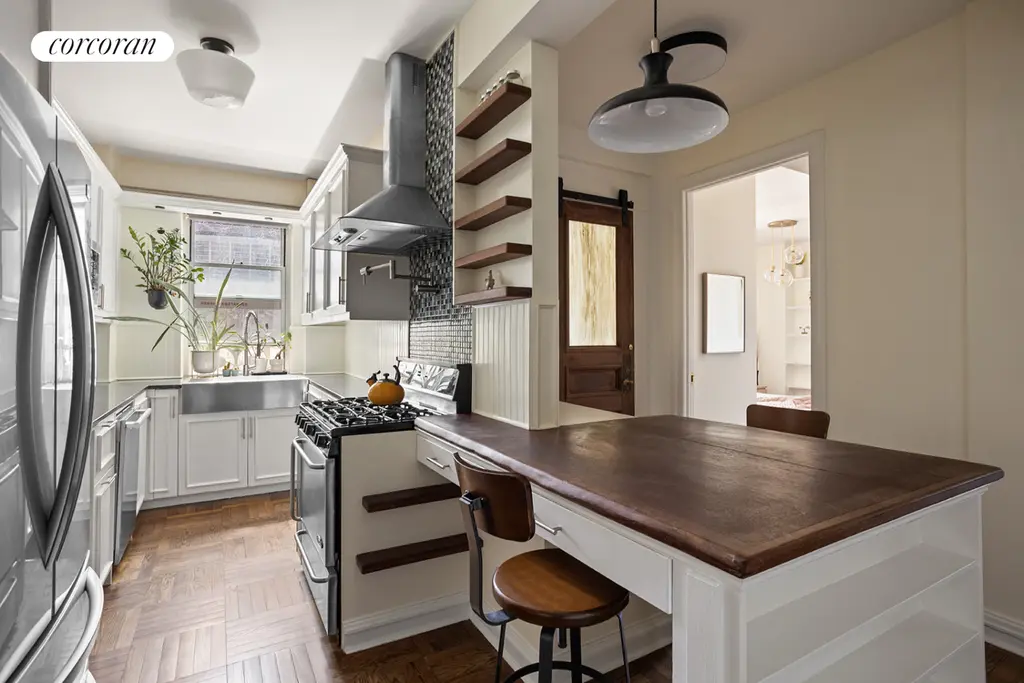
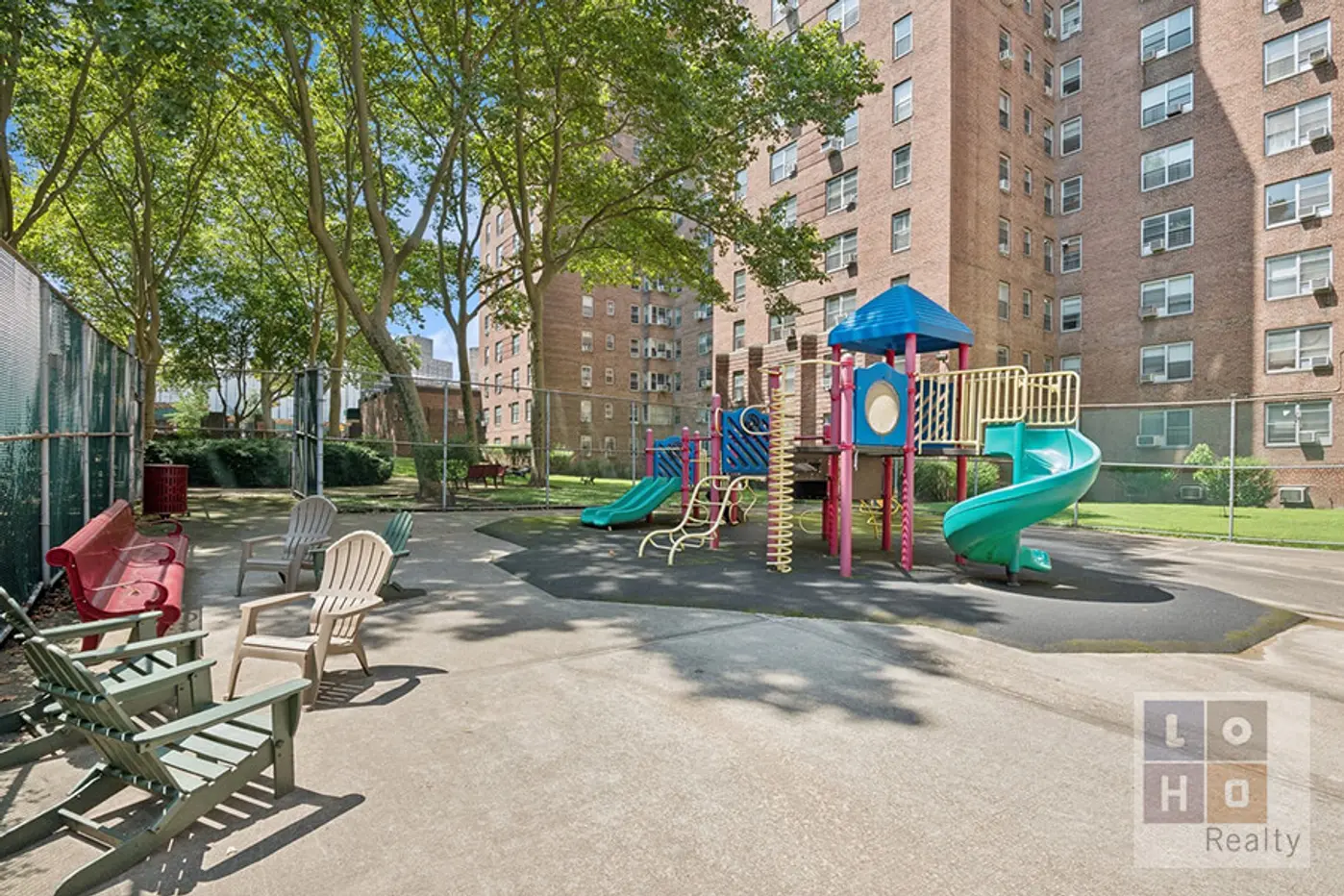
Would you like to tour any of these properties?
Just complete the info below.
Or call us at (212) 755-5544
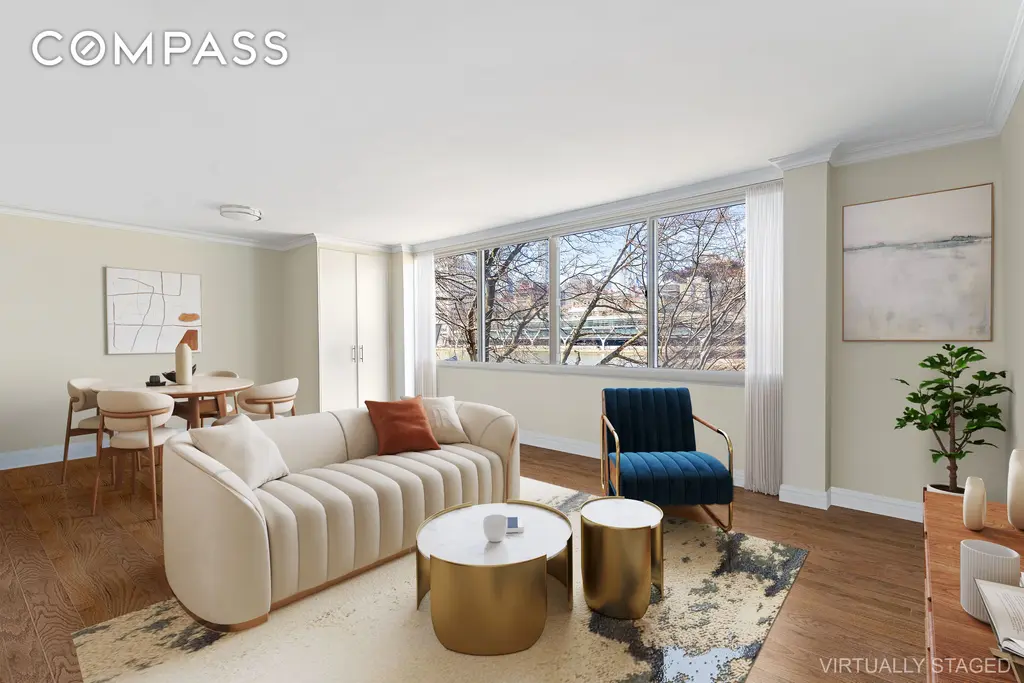
The Island House, #208 (Compass)
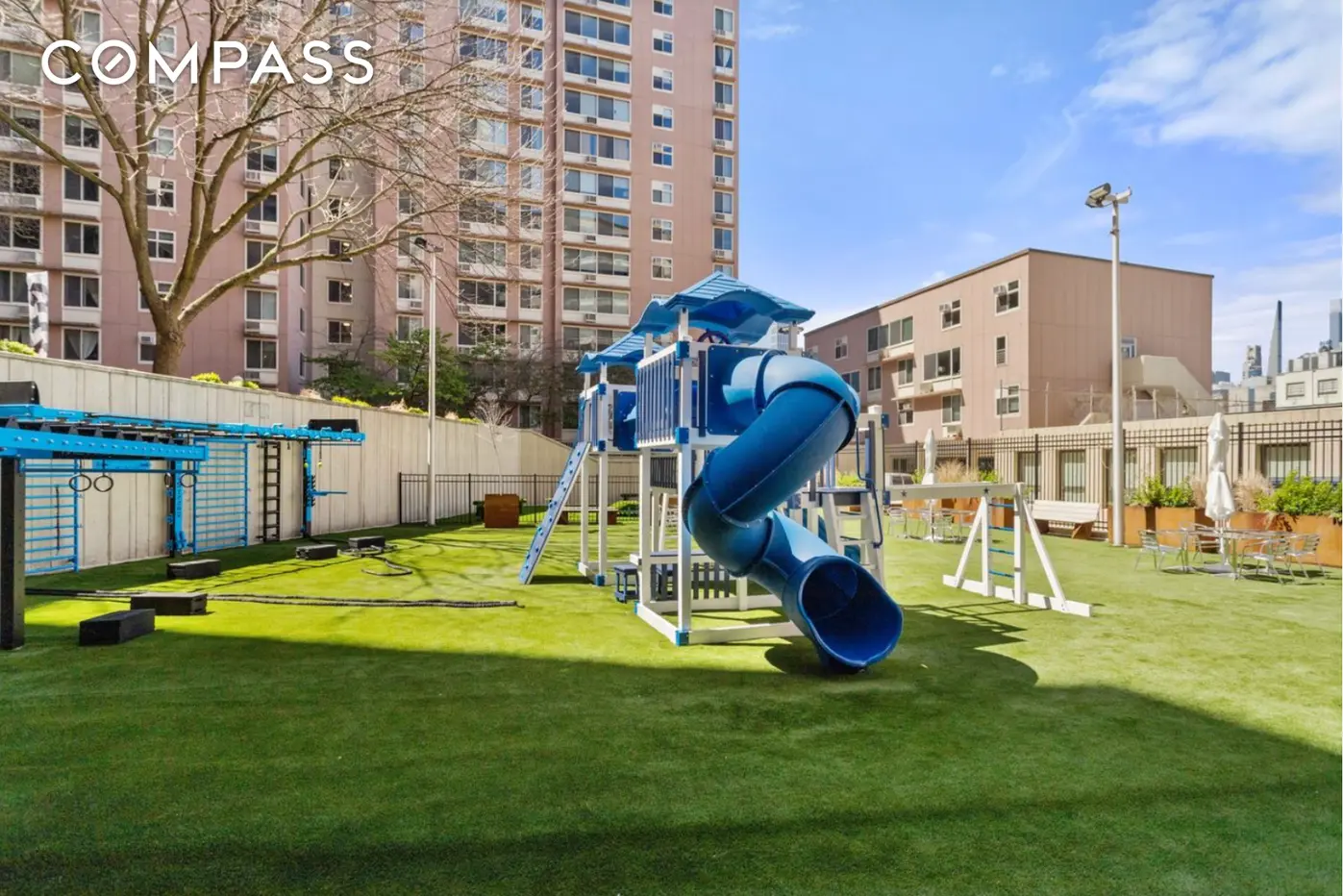
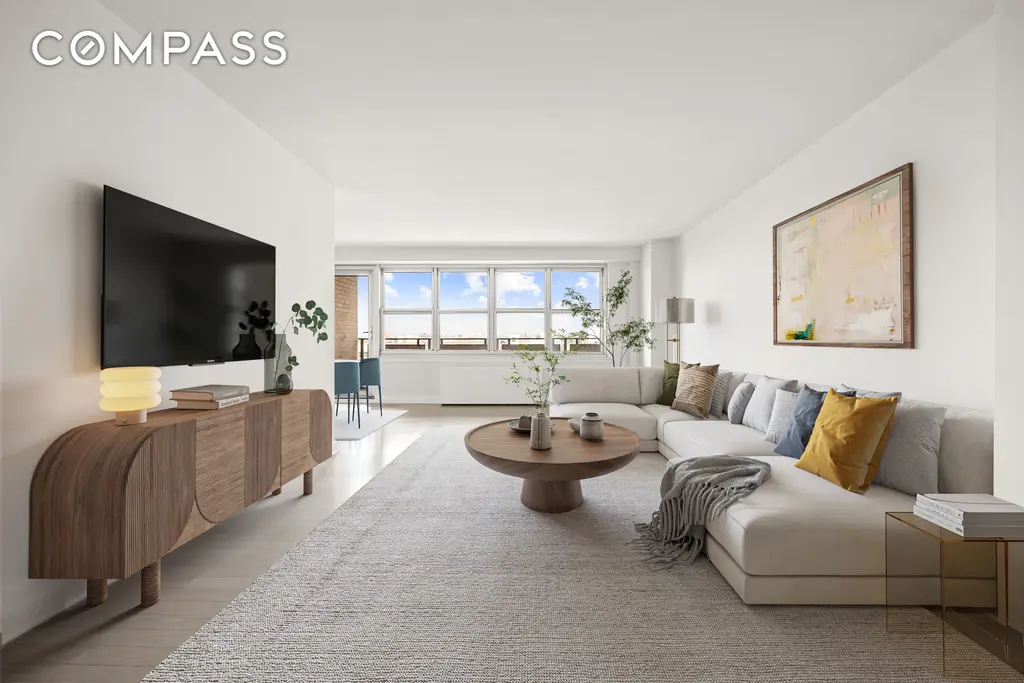
135 Ocean Parkway, #9M (Compass)
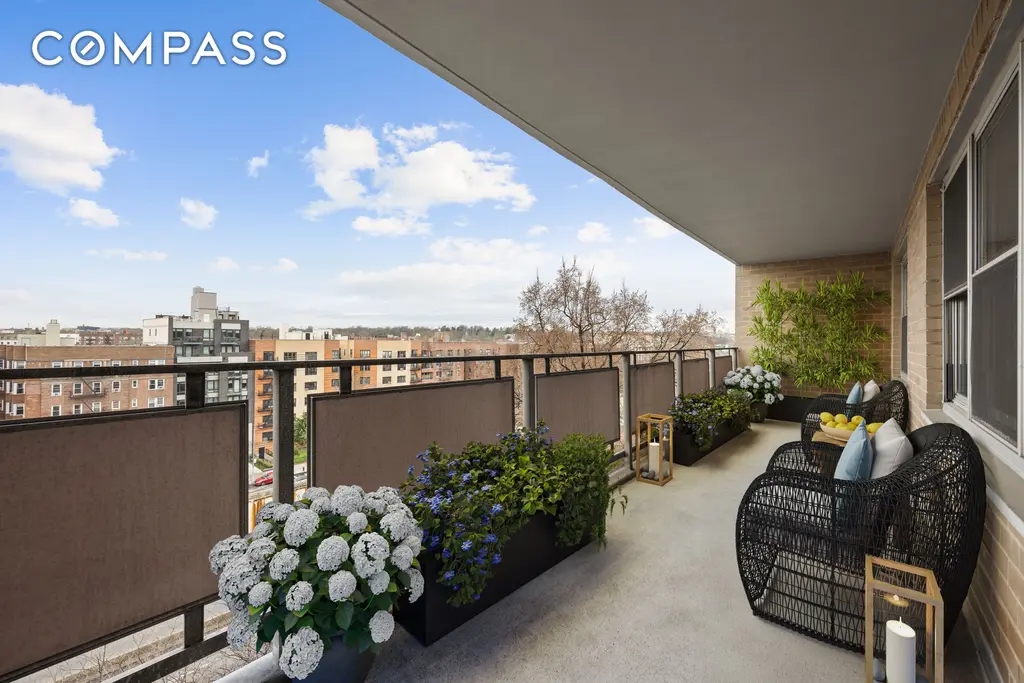
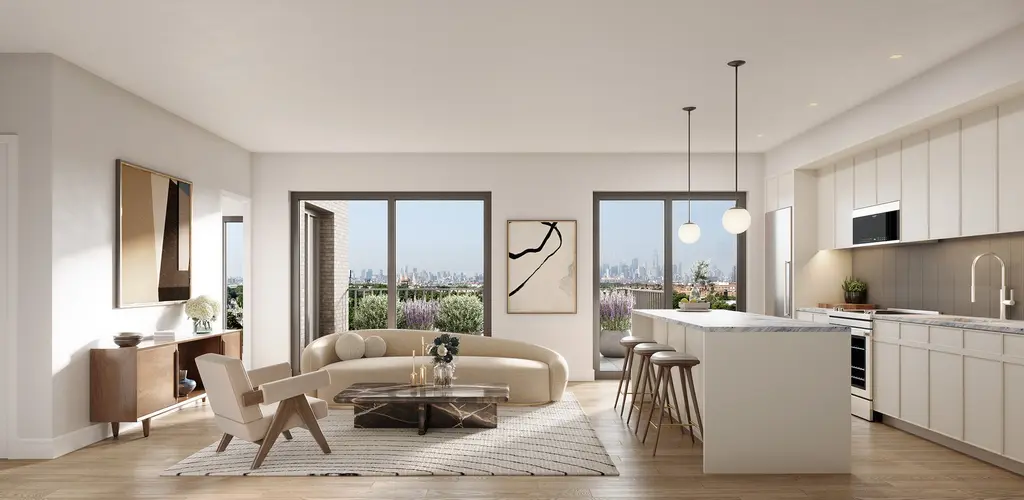
Centric, #2E (Nest Seekers LLC)

258 West 93rd Street, #3AB
$1,099,000 (-8.3%)
Riverside Dr./West End Ave. | Cooperative | 2 Bedrooms, 2 Baths
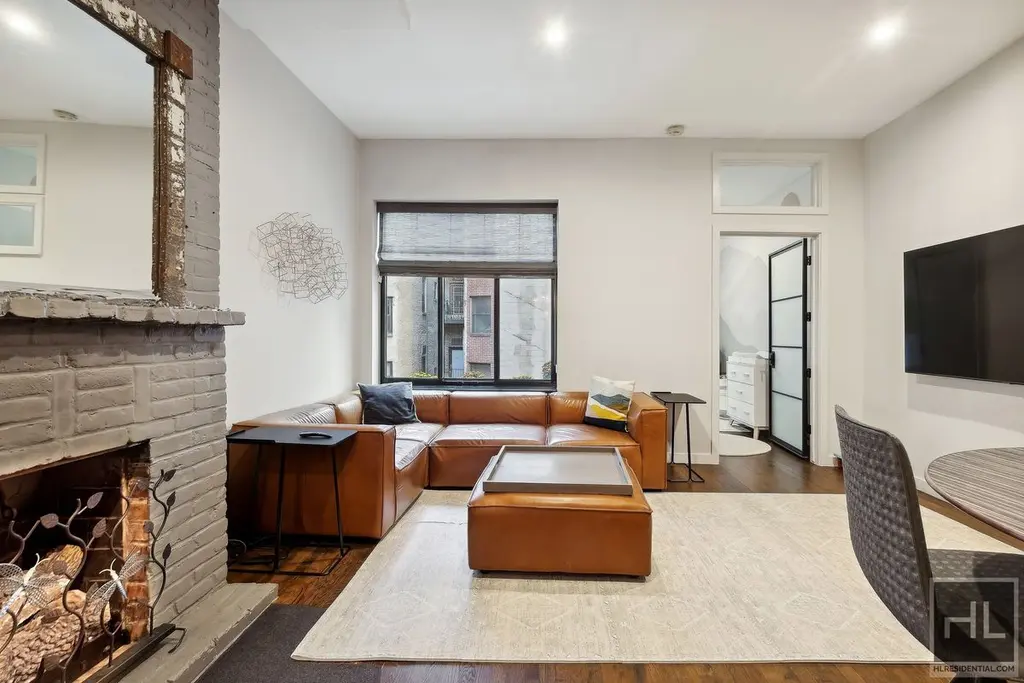
258 West 93rd Street, #3AB (Highline Residential LLC)
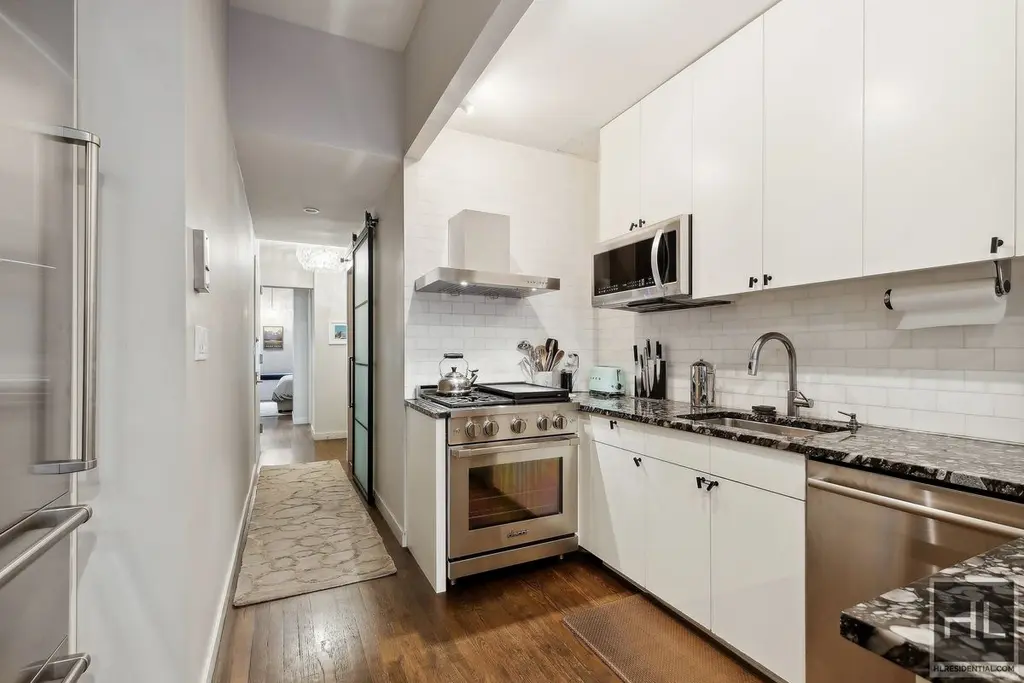
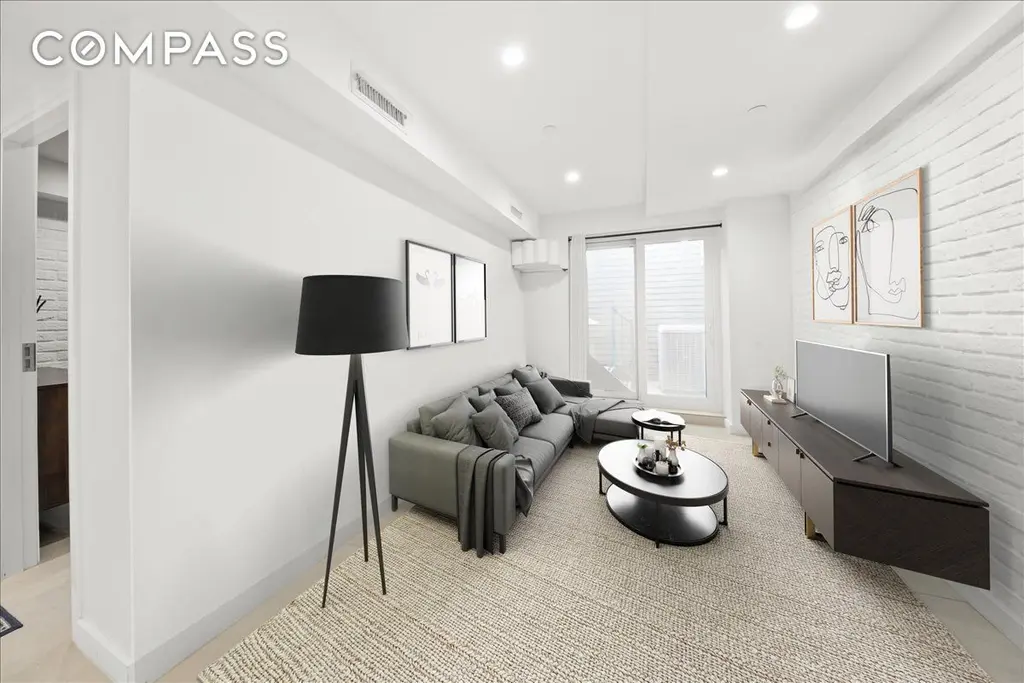
577 Madison Street, #1B (Compass)
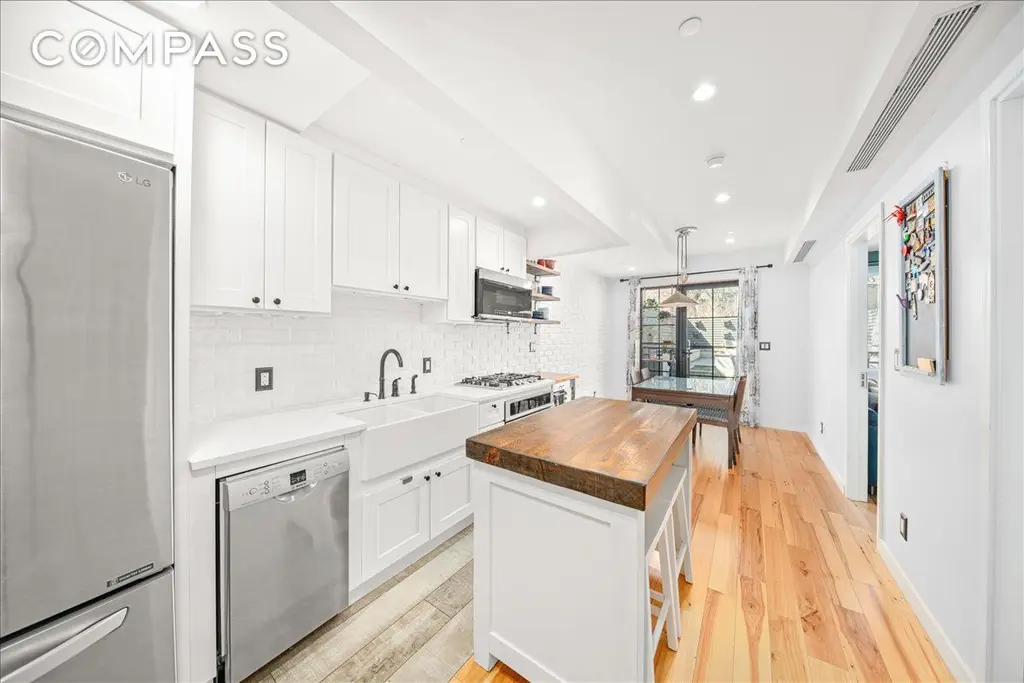
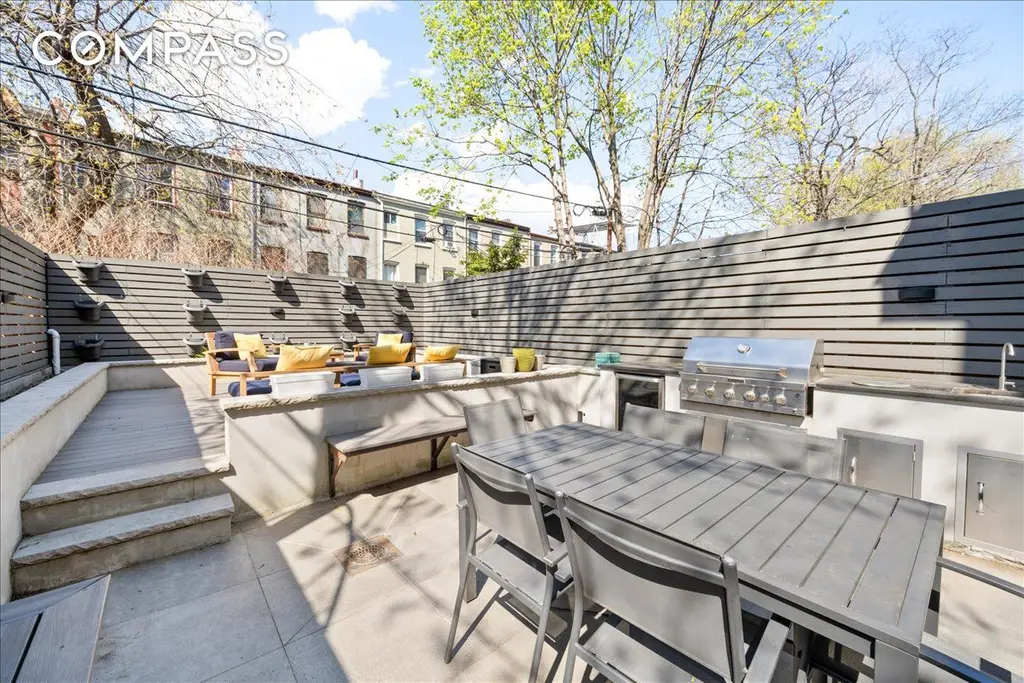
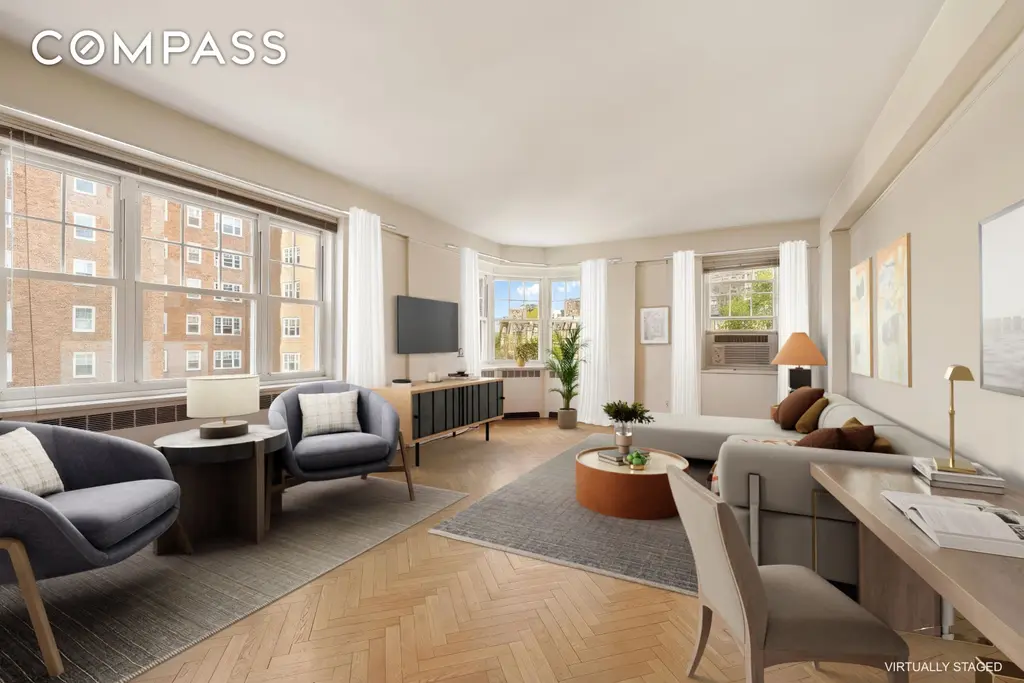
Castle Village, #76 (Compass)

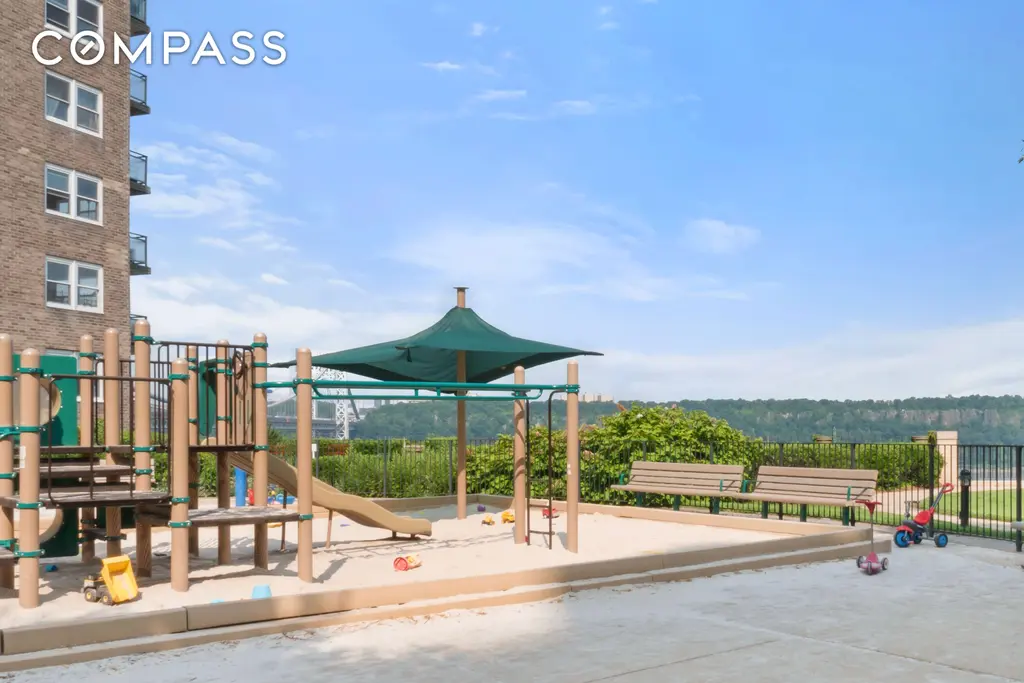
575 Fourth Avenue, #3K
$1,195,000 (-11.5%)
Park Slope | Condominium | 2 Bedrooms, 1.5 Baths | 943 ft2
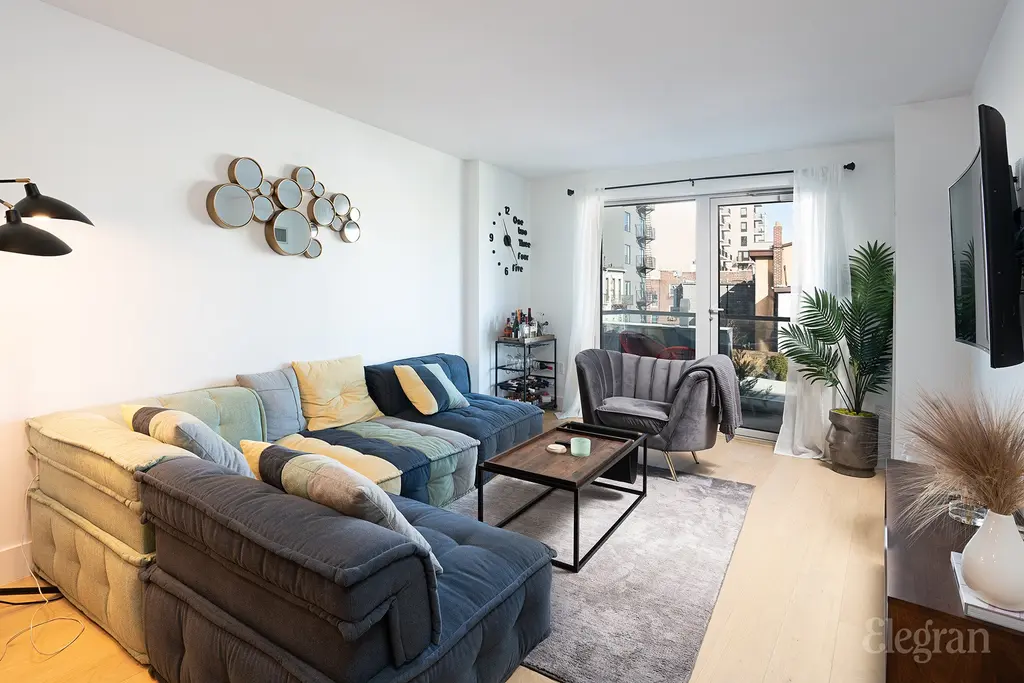
575 Fourth Avenue, #3K (Elegran LLC)
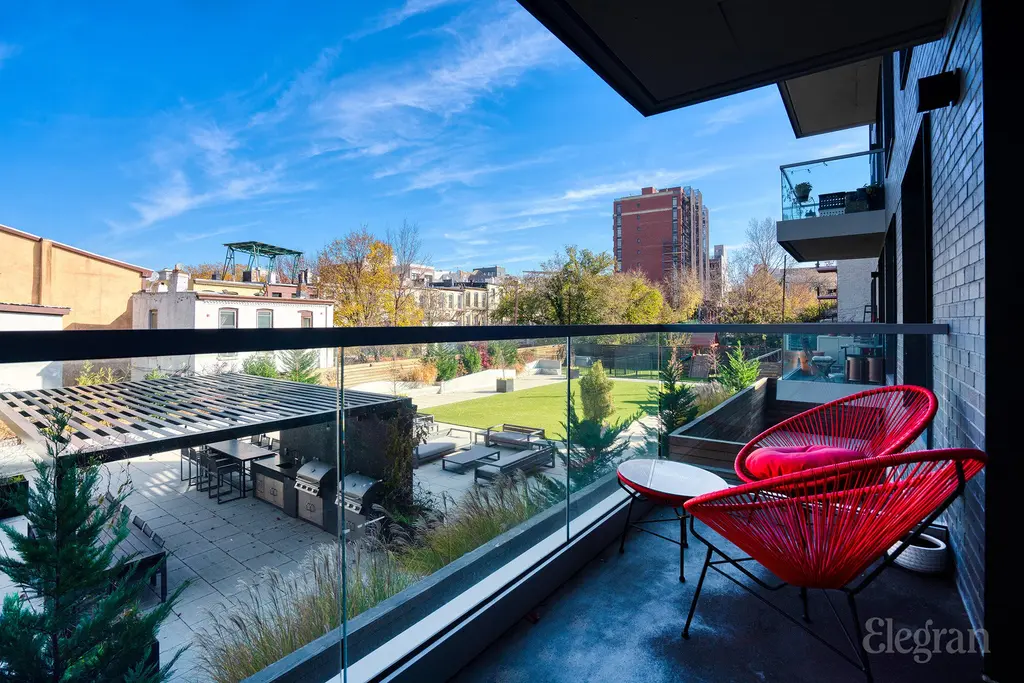
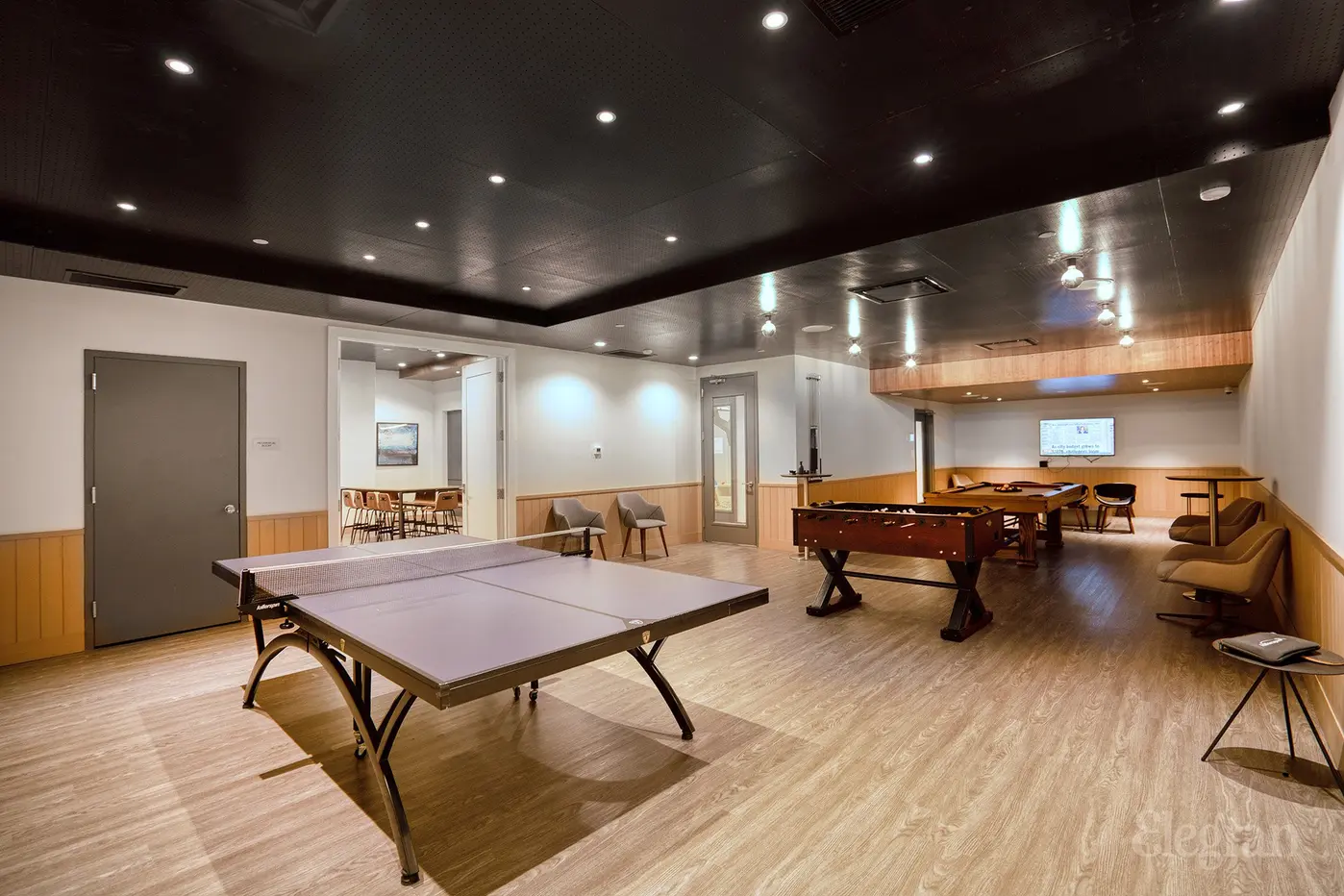
524 Halsey Street, #202
$1,225,000
Bedford-Stuyvesant | Condominium | 2 Bedrooms, 2 Baths | 1,100 ft2
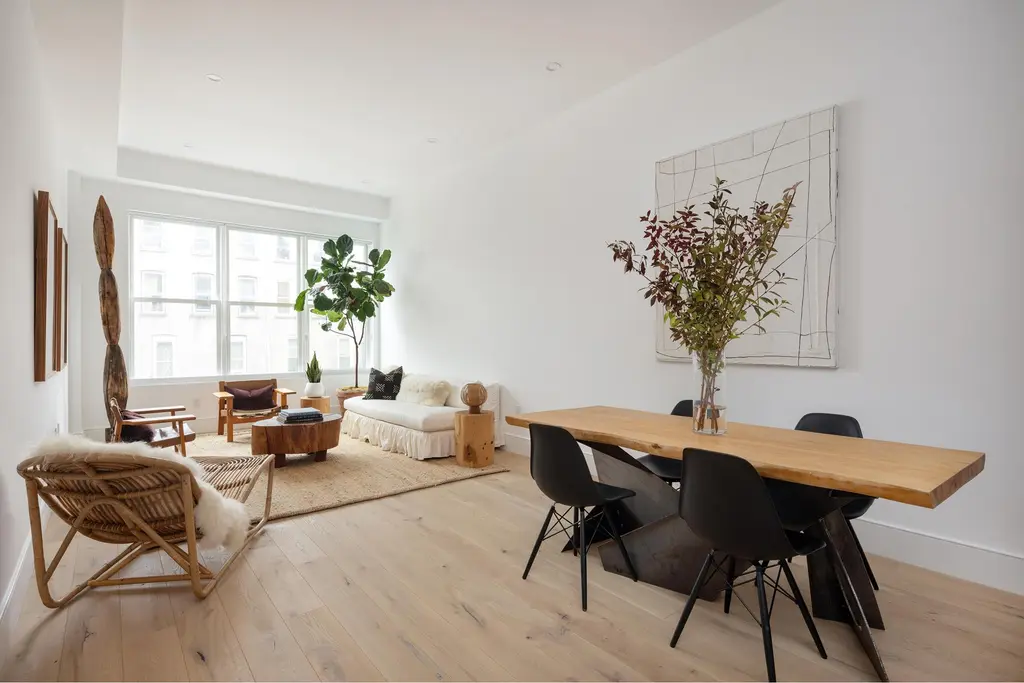
524 Halsey Street, #202 (Douglas Elliman Real Estate)
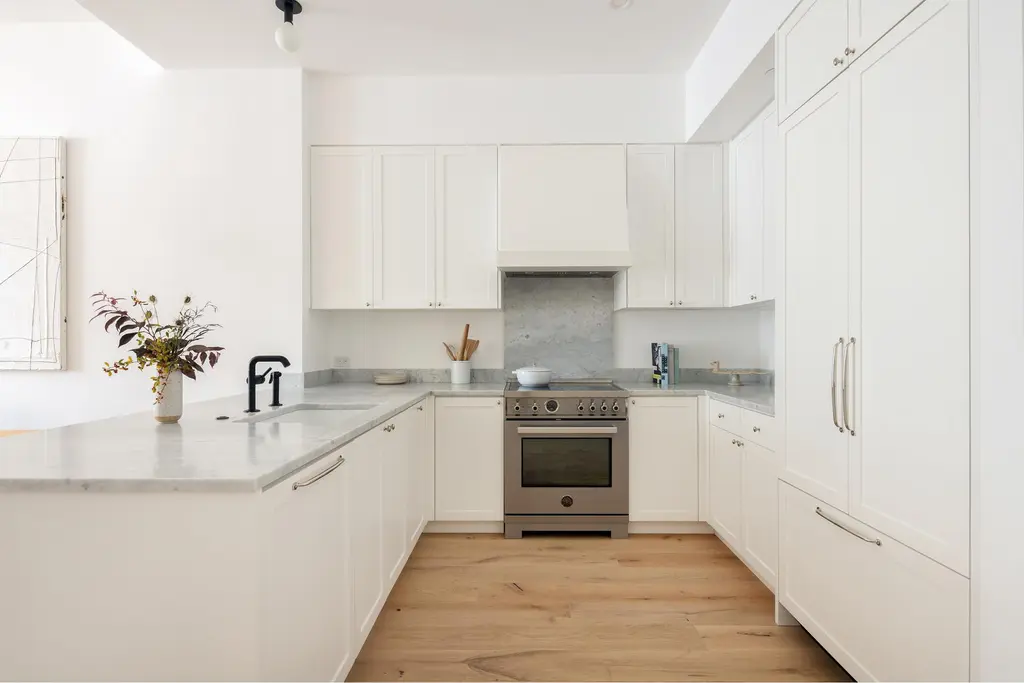
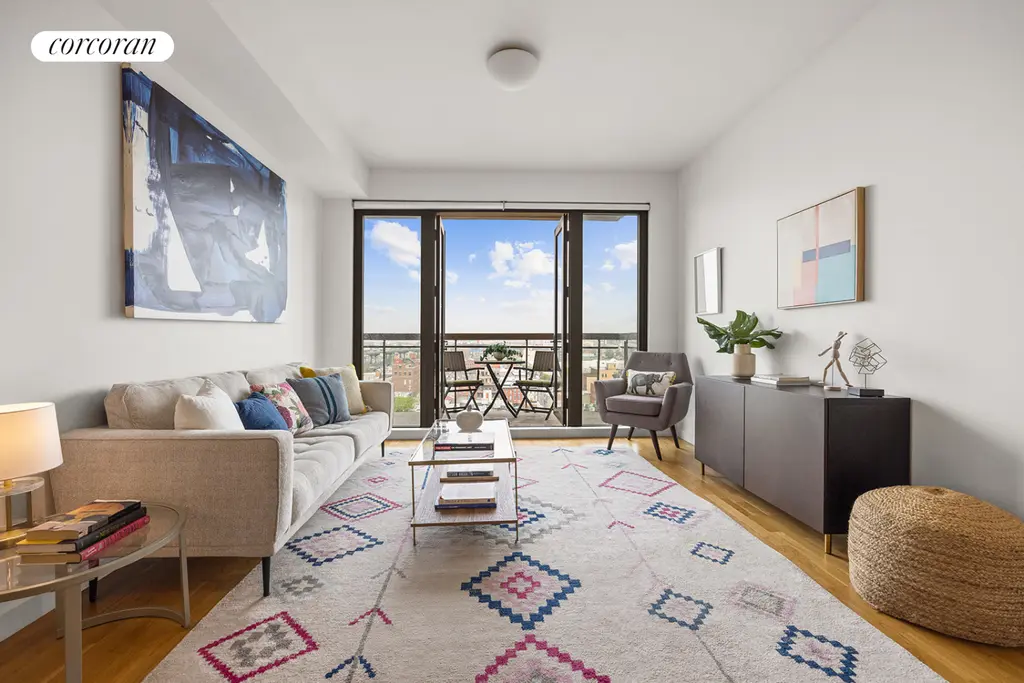
500 Fourth Avenue, #10I (Corcoran Group)
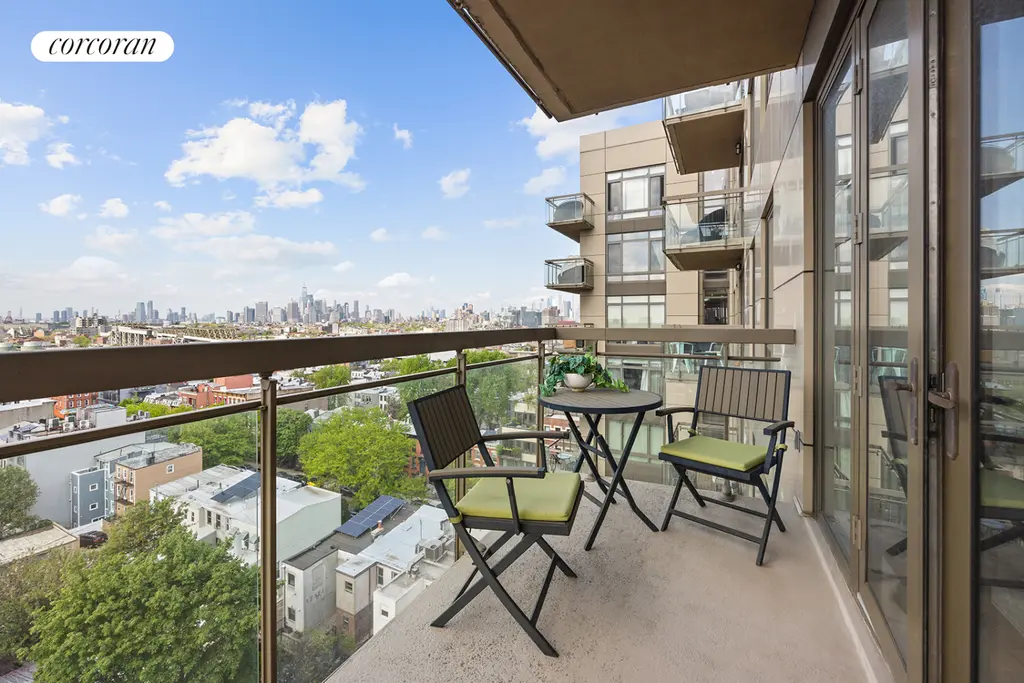
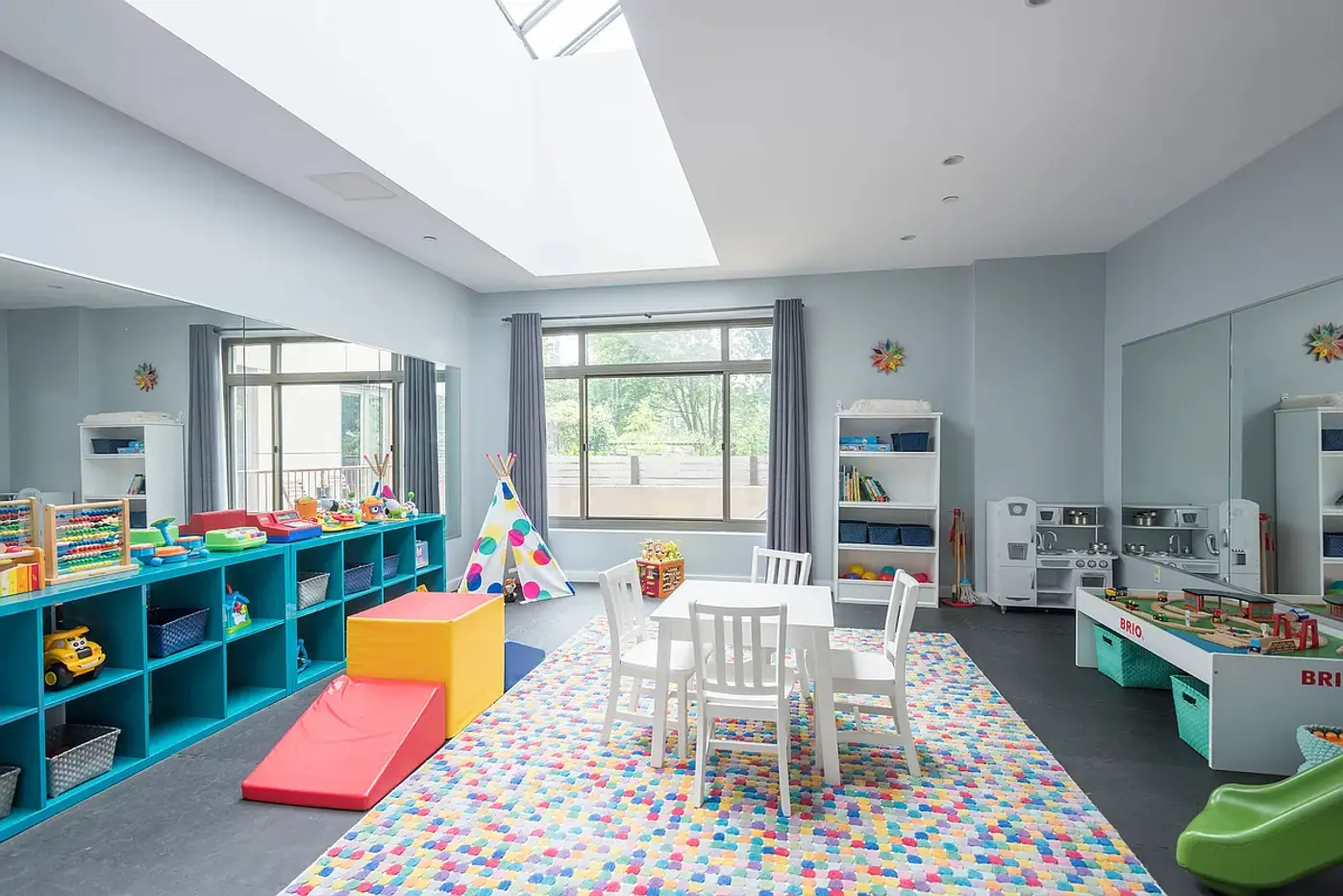
Lexington Brooklyn, #203
$1,275,000 (-12.1%)
Bedford-Stuyvesant | Condominium | 2 Bedrooms, 2 Baths | 962 ft2
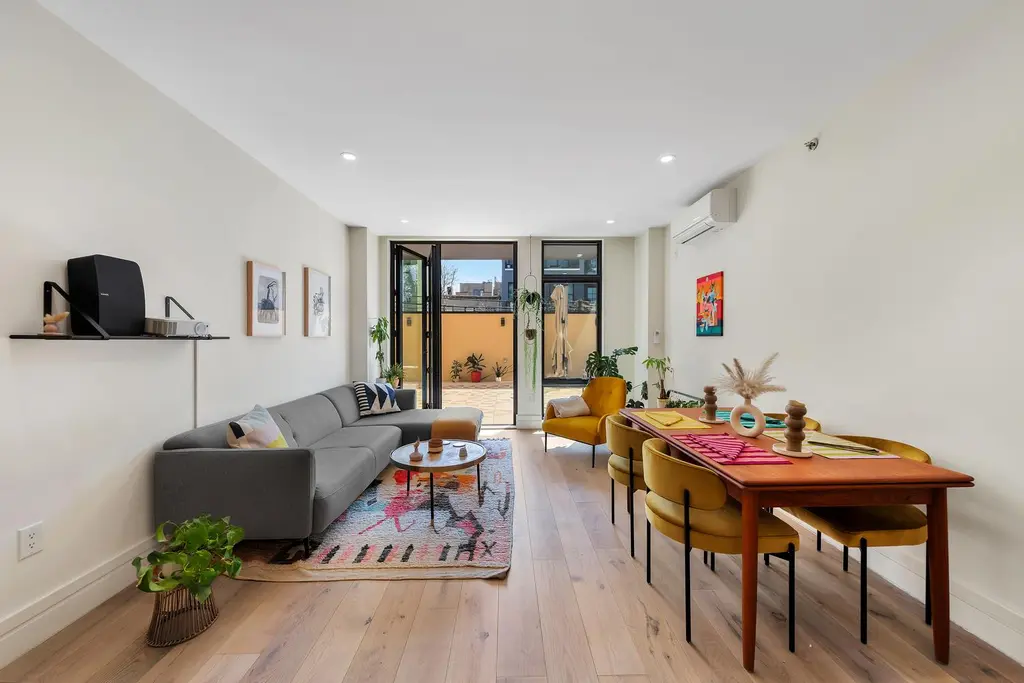
Lexington Brooklyn, #203 (Cooper & Cooper Real Estate LLC)
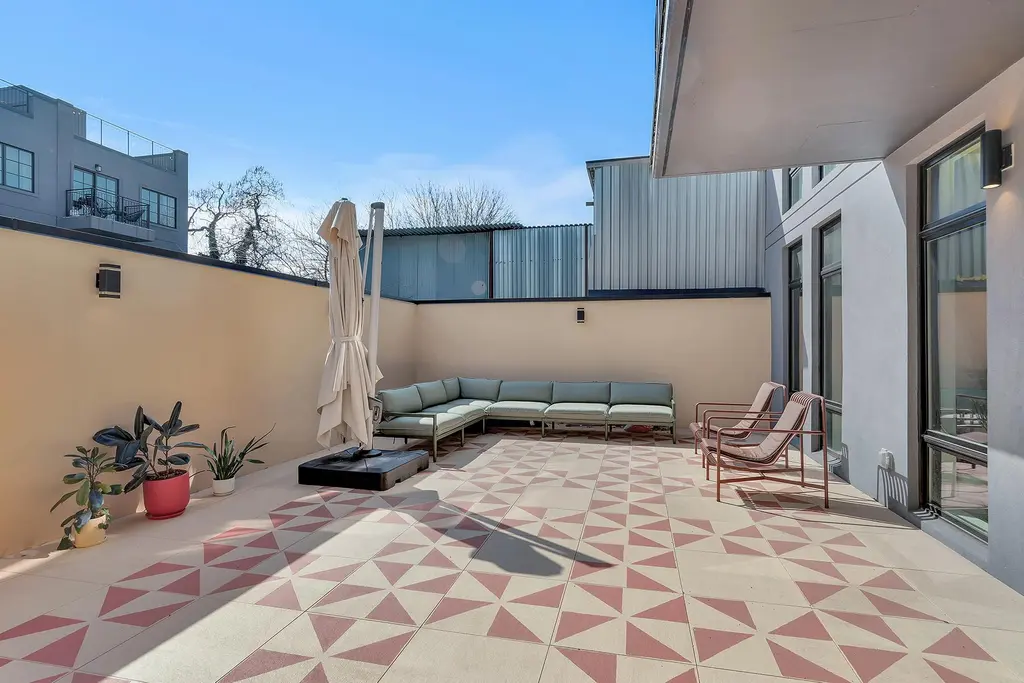
One Brooklyn Bridge Park, #511
$1,299,000
Brooklyn Heights | Condominium | 2 Bedrooms, 1 Bath | 1,103 ft2
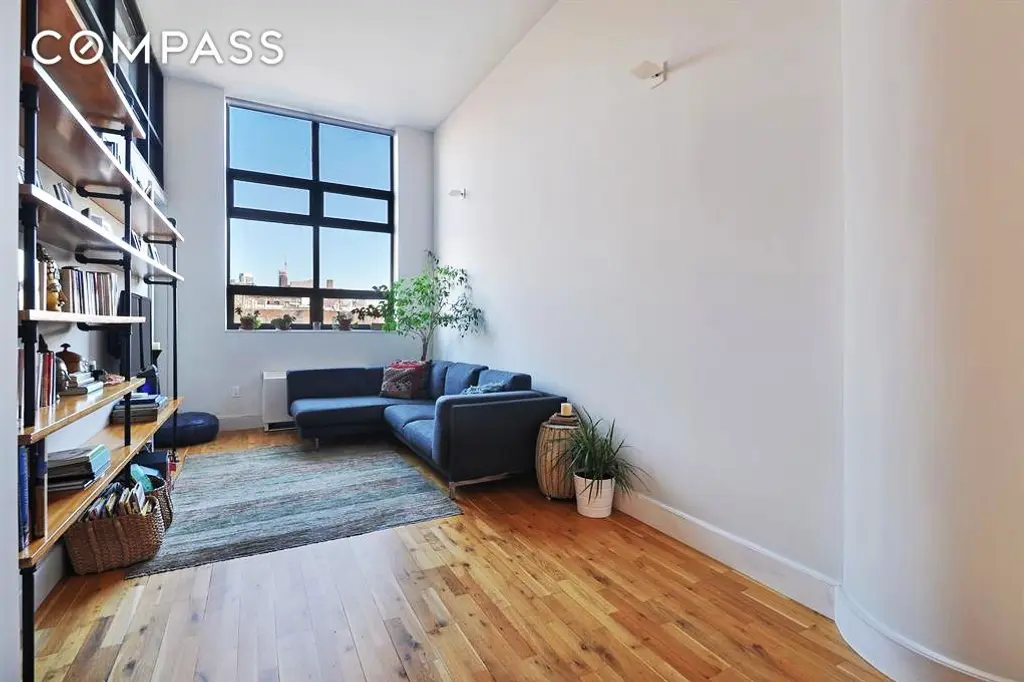
One Brooklyn Bridge Park, #511 (Compass)

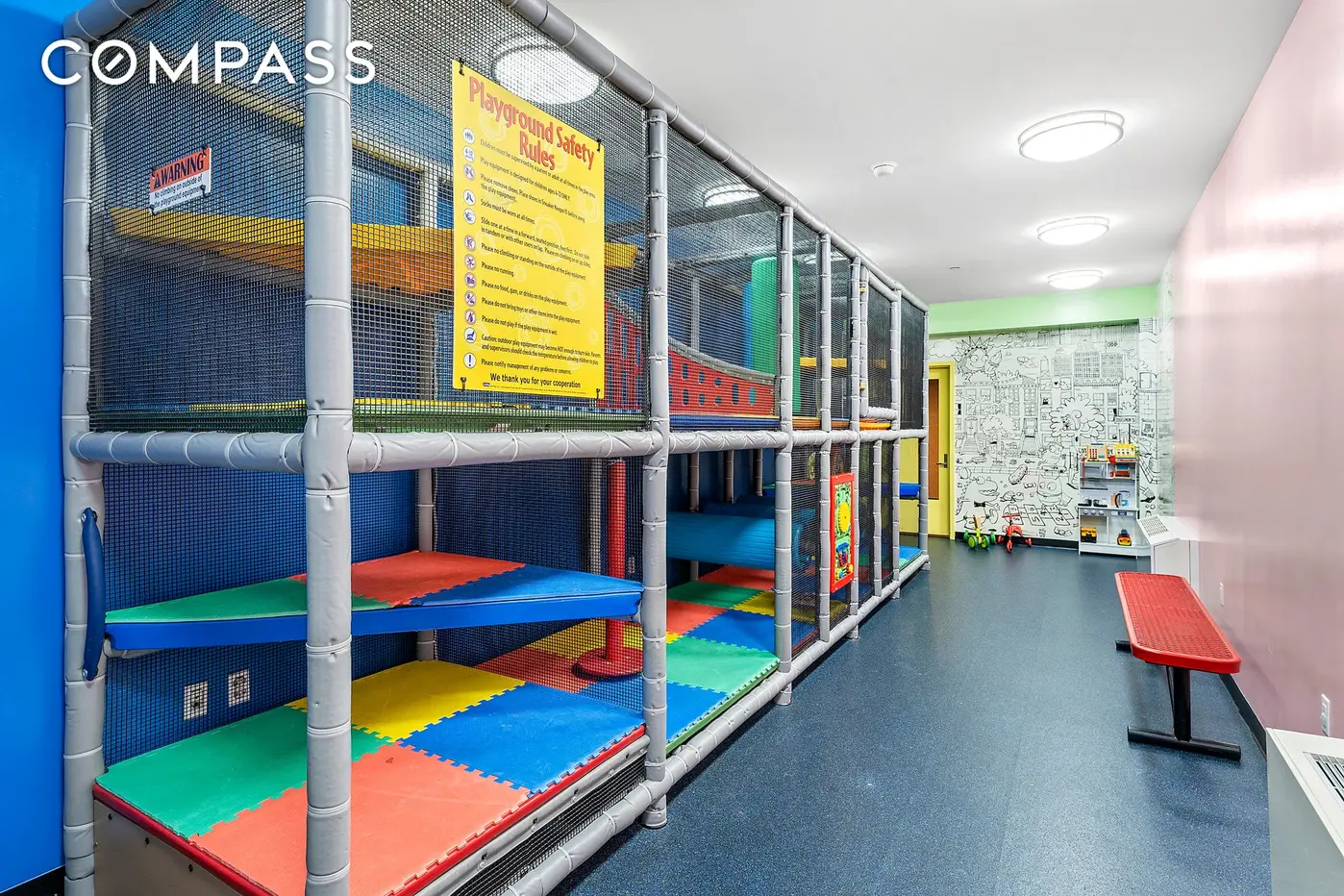
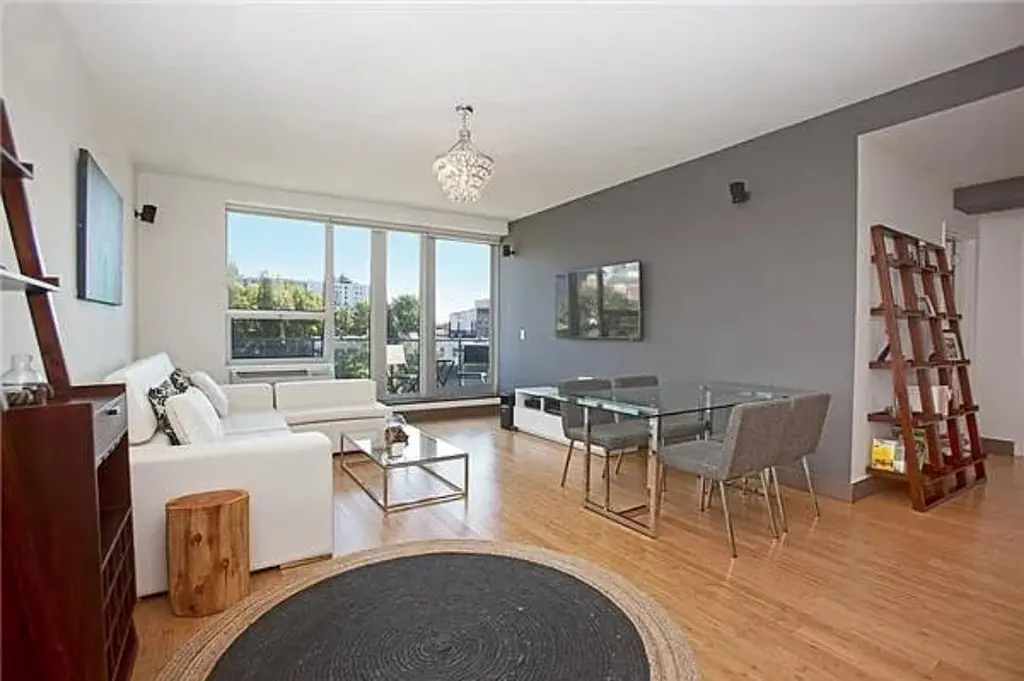
Solarium, #3A (Douglas Elliman Real Estate)
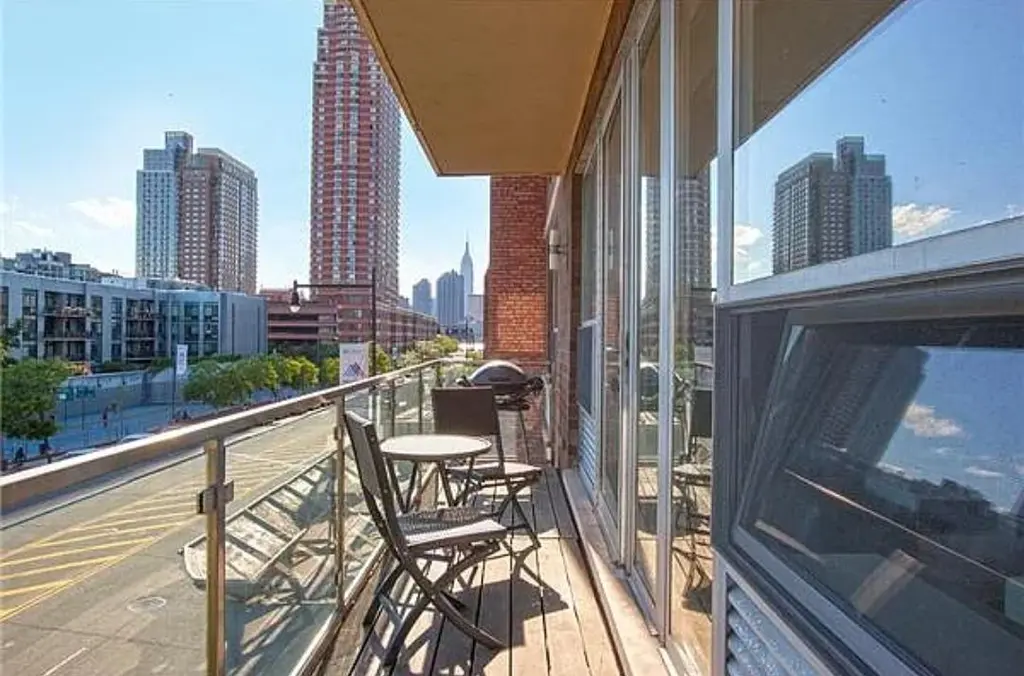
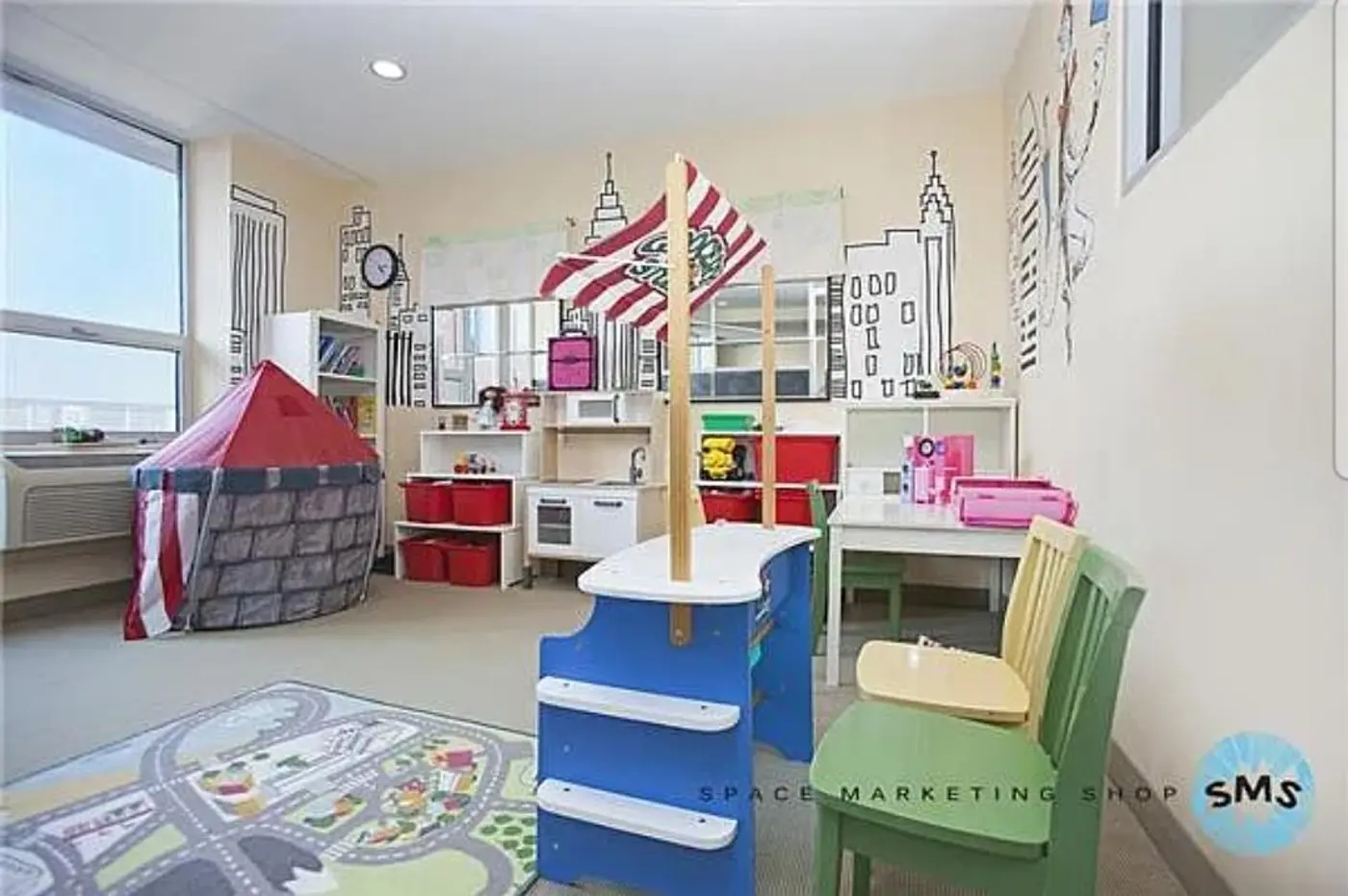
Stanton on Sixth, #2A
$1,375,000
South Slope - Greenwood Heights | Condominium | 2 Bedrooms, 2 Baths | 1,075 ft2
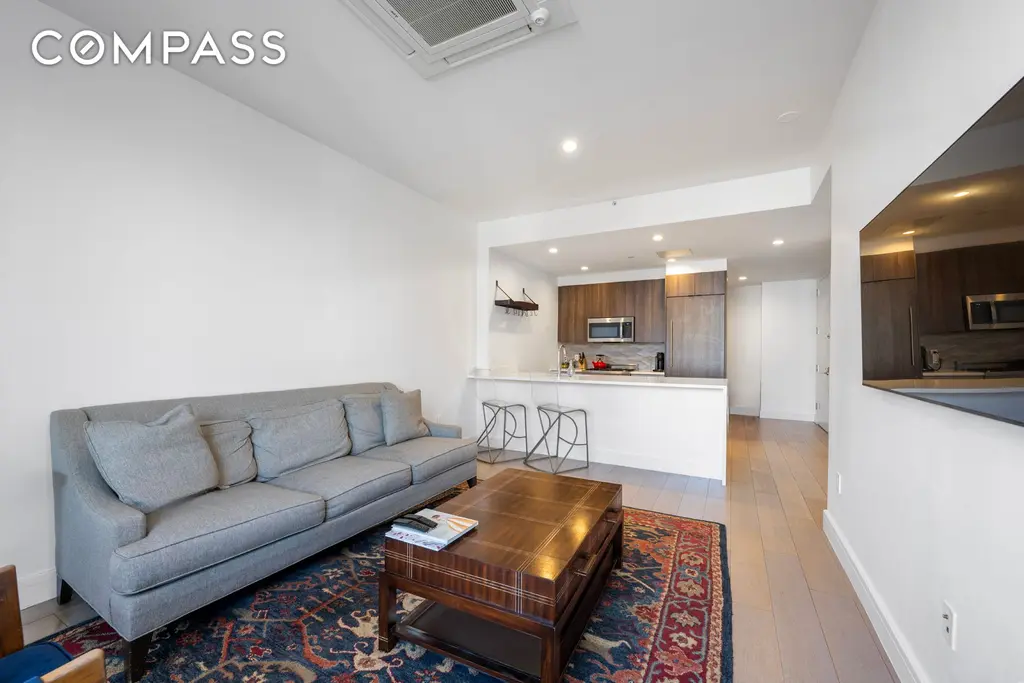
Stanton on Sixth, #2A (Compass)
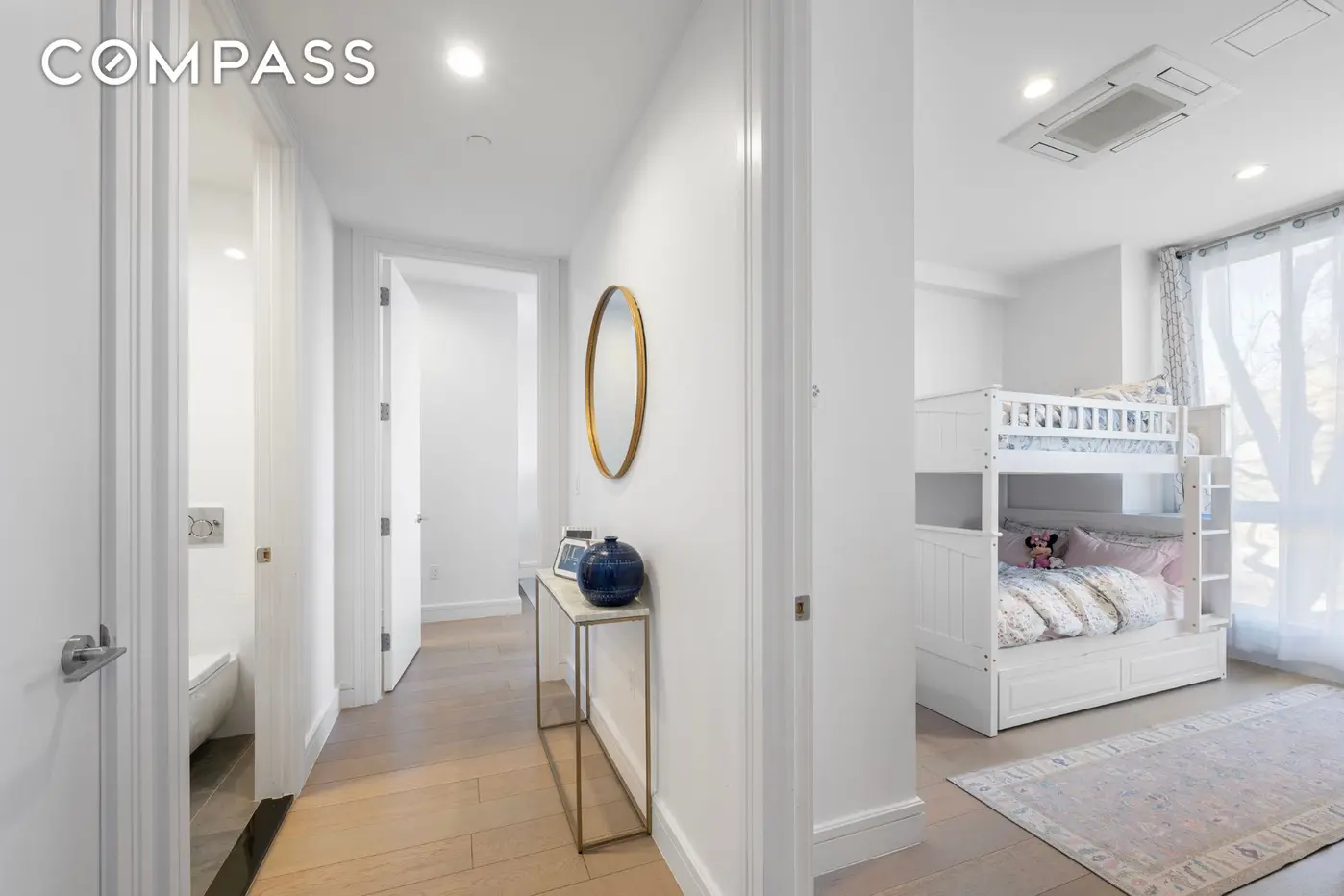

Yorkville Tower 2, #8K (Corcoran Group)
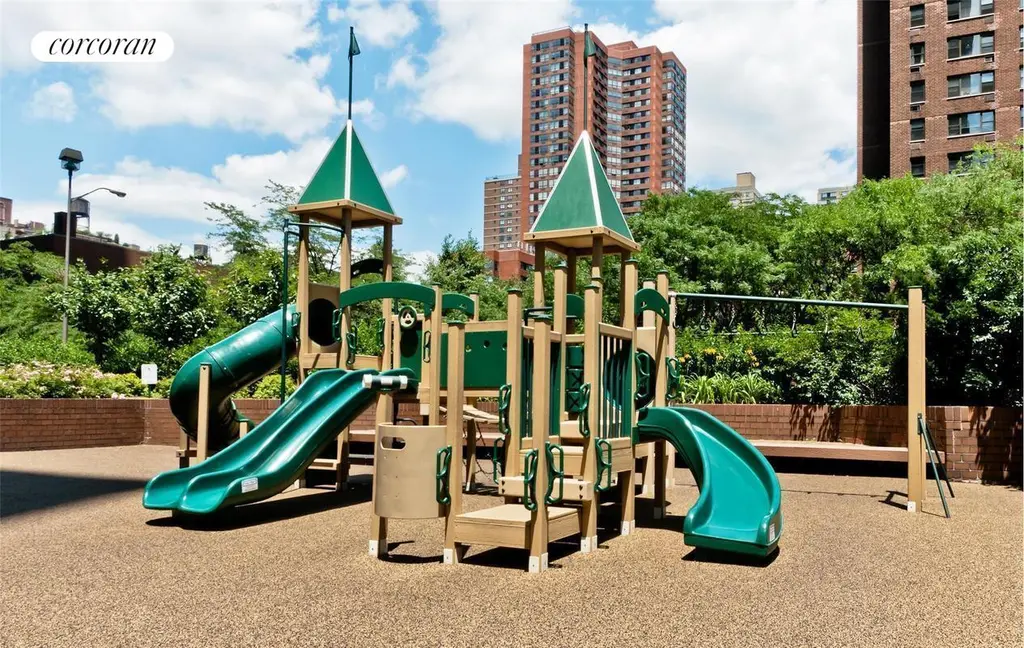
207 Prospect Avenue, #1
$1,395,000 (-6.7%)
Park Slope | Condominium | 1 Bedroom, 2.5 Baths | 1,604 ft2
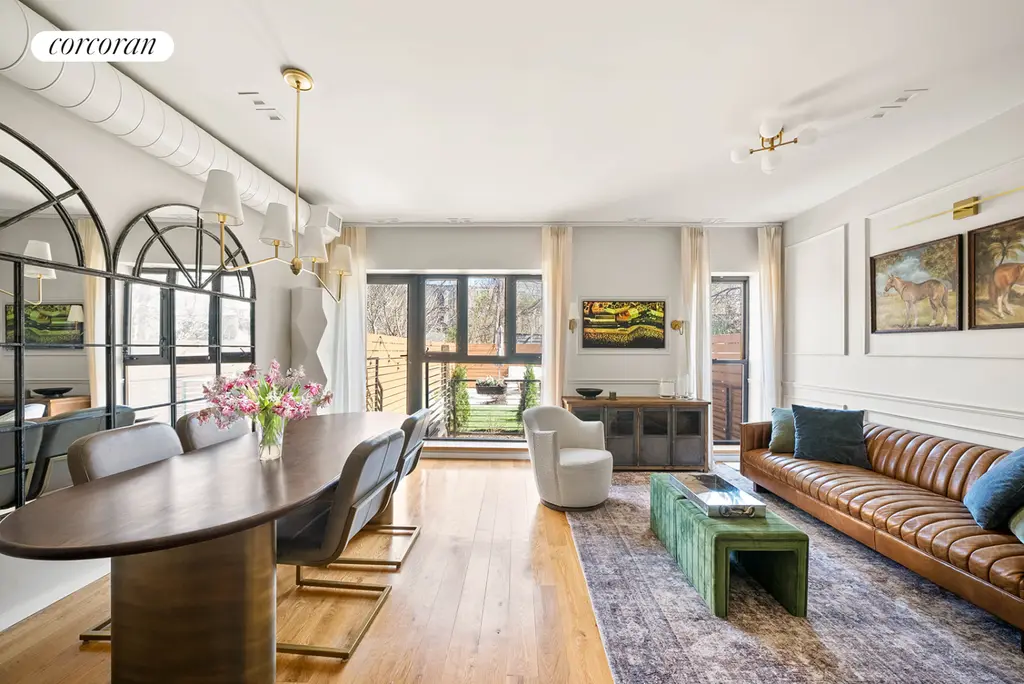
207 Prospect Avenue, #1 (Corcoran Group)
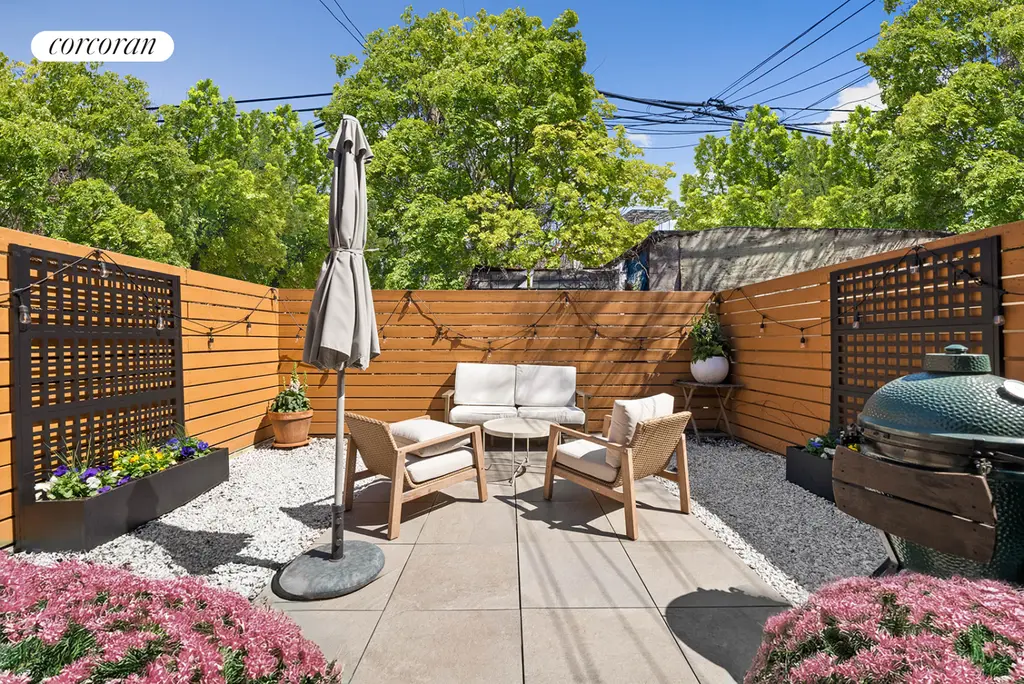
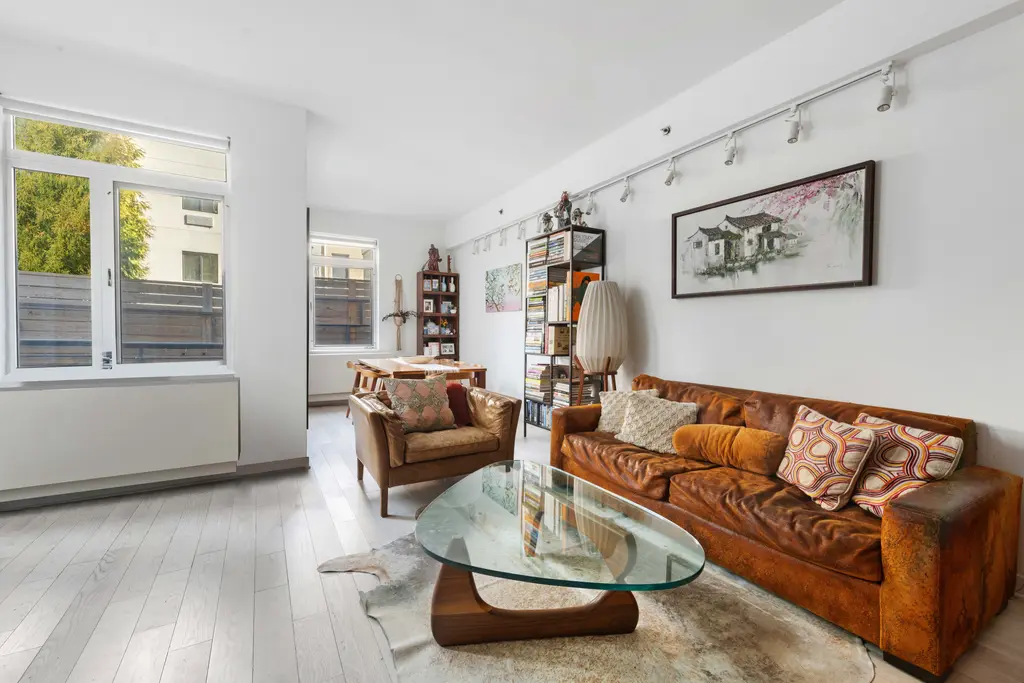
Spring Condos, #1B (Keller Williams NYC)
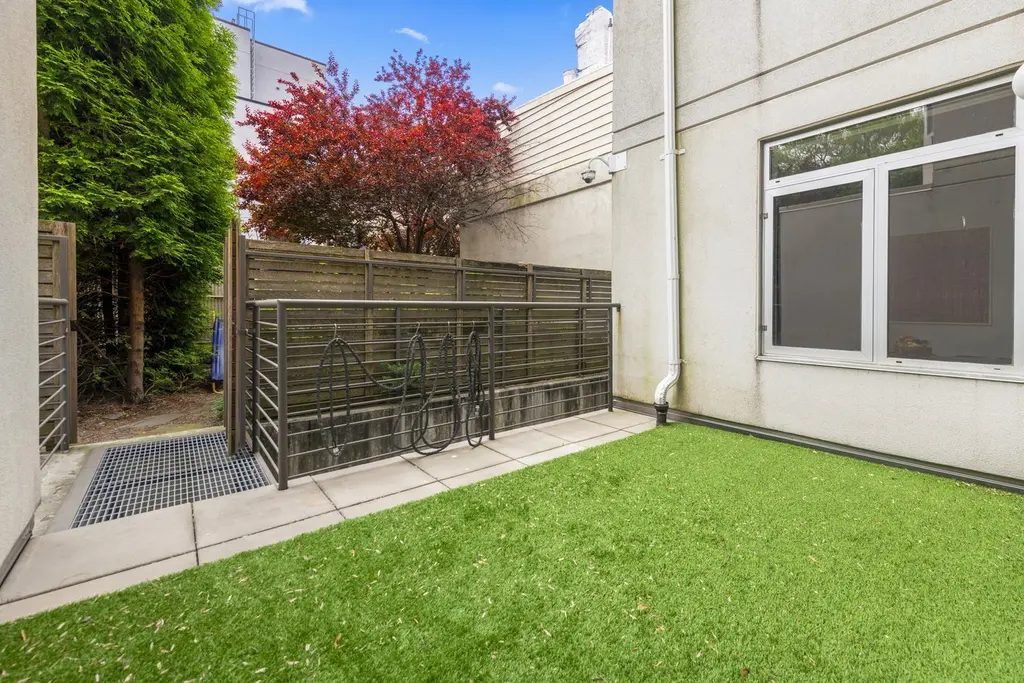
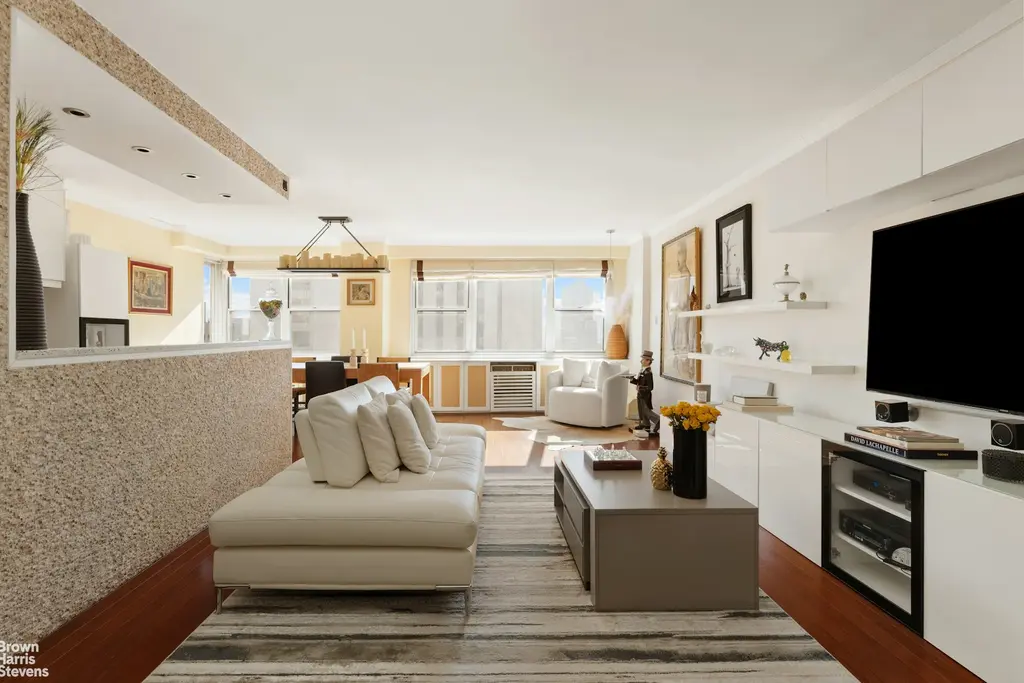
York River House, #15H (Brown Harris Stevens Residential Sales LLC)
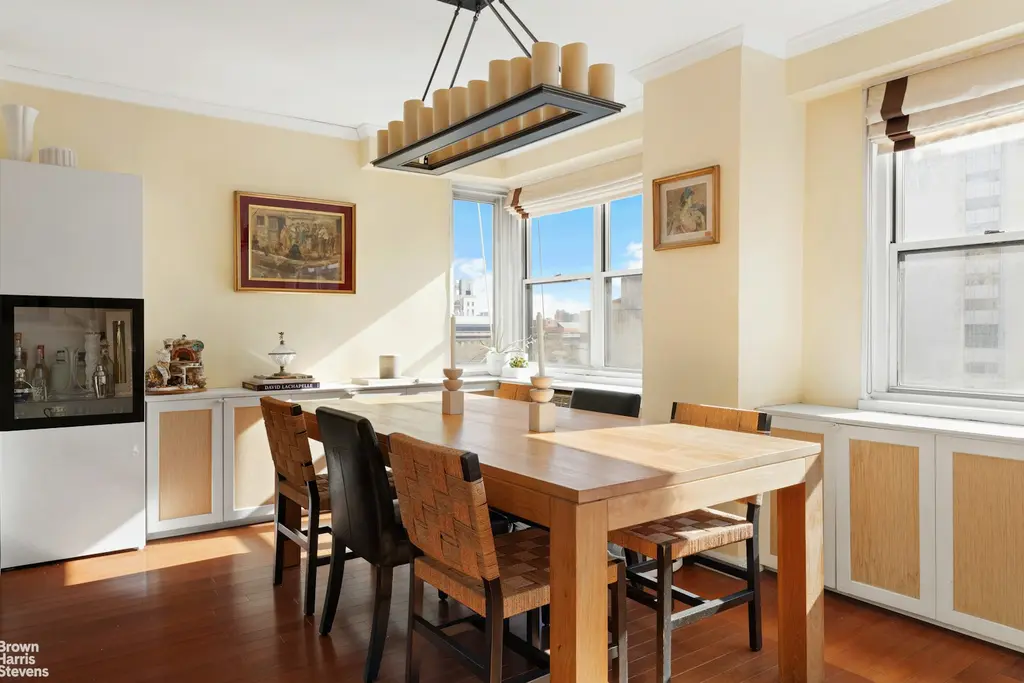
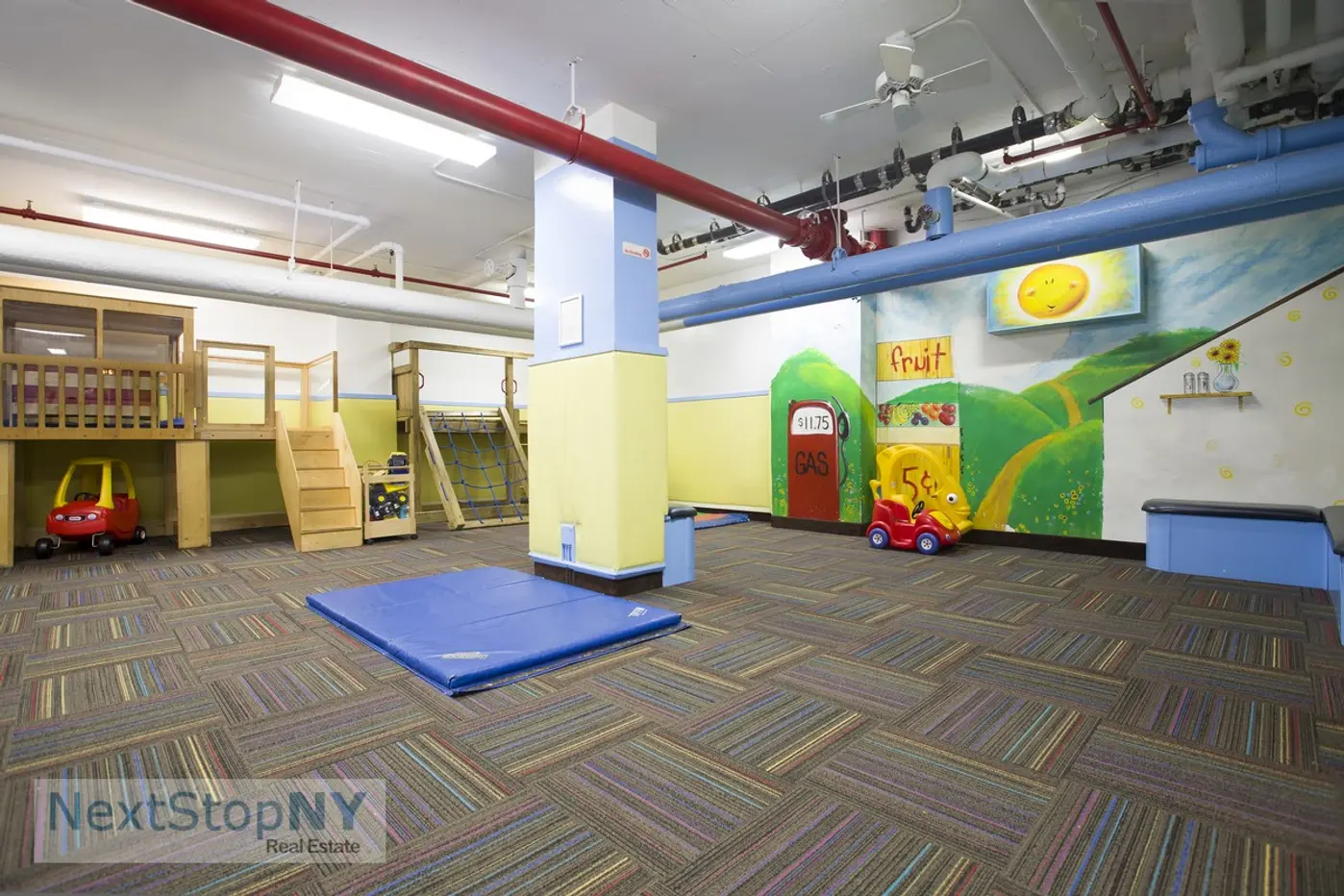
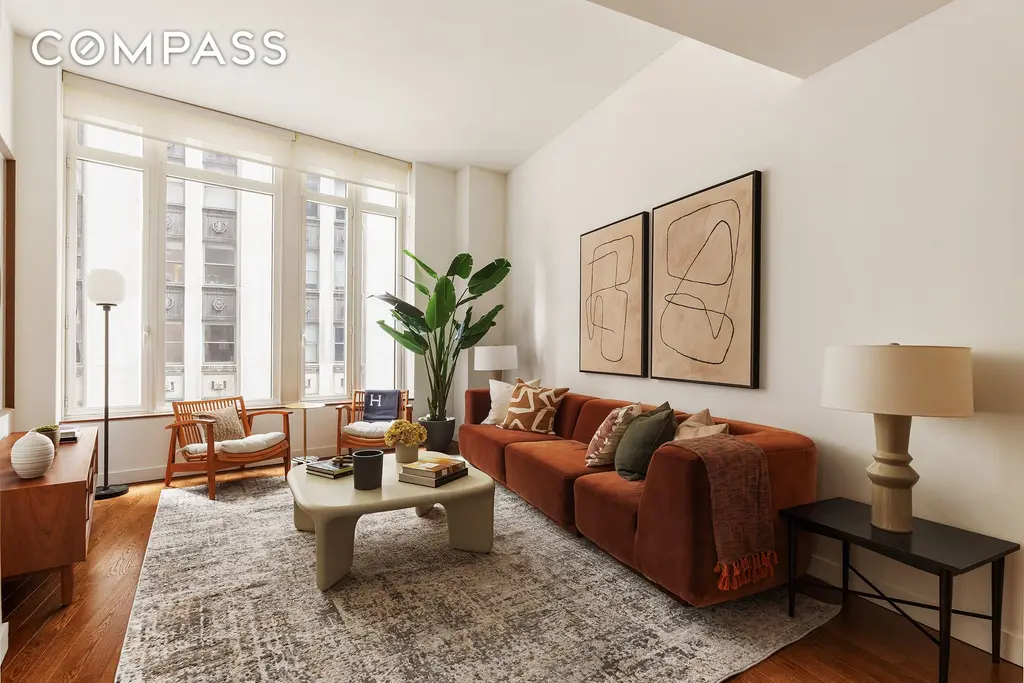
15 William NY, #7H (Compass)
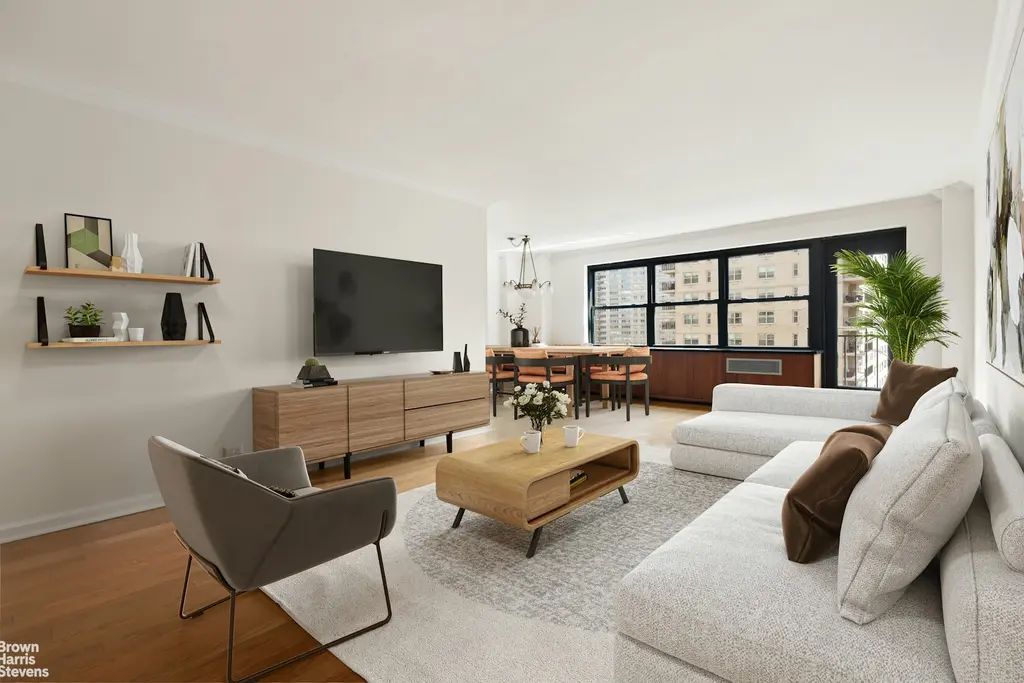
Lincoln Towers, #17M (Brown Harris Stevens Residential Sales LLC)
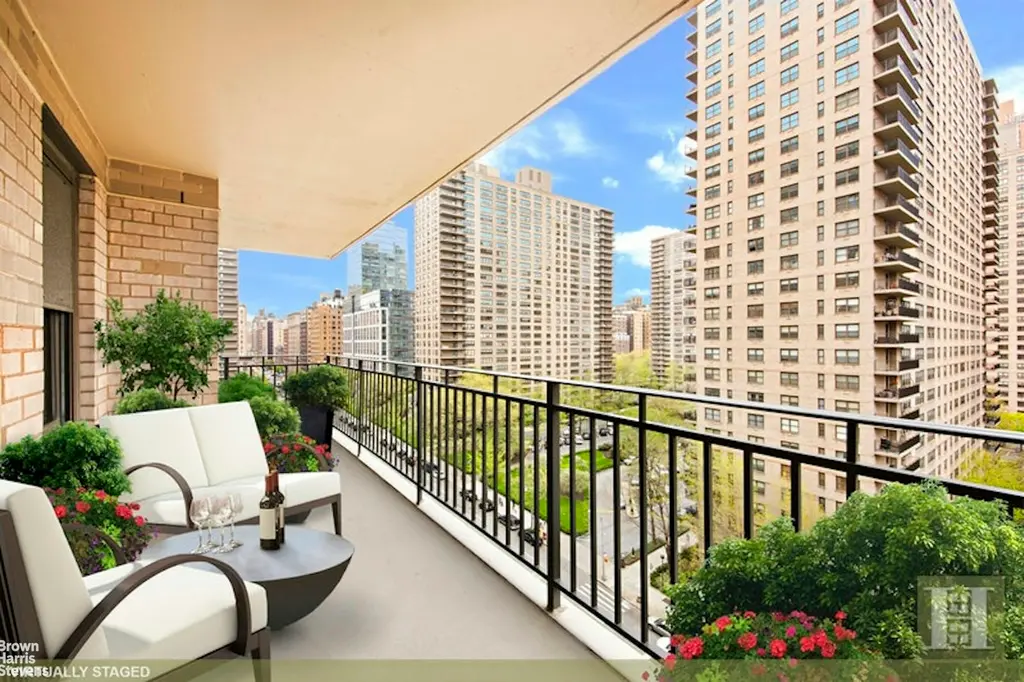
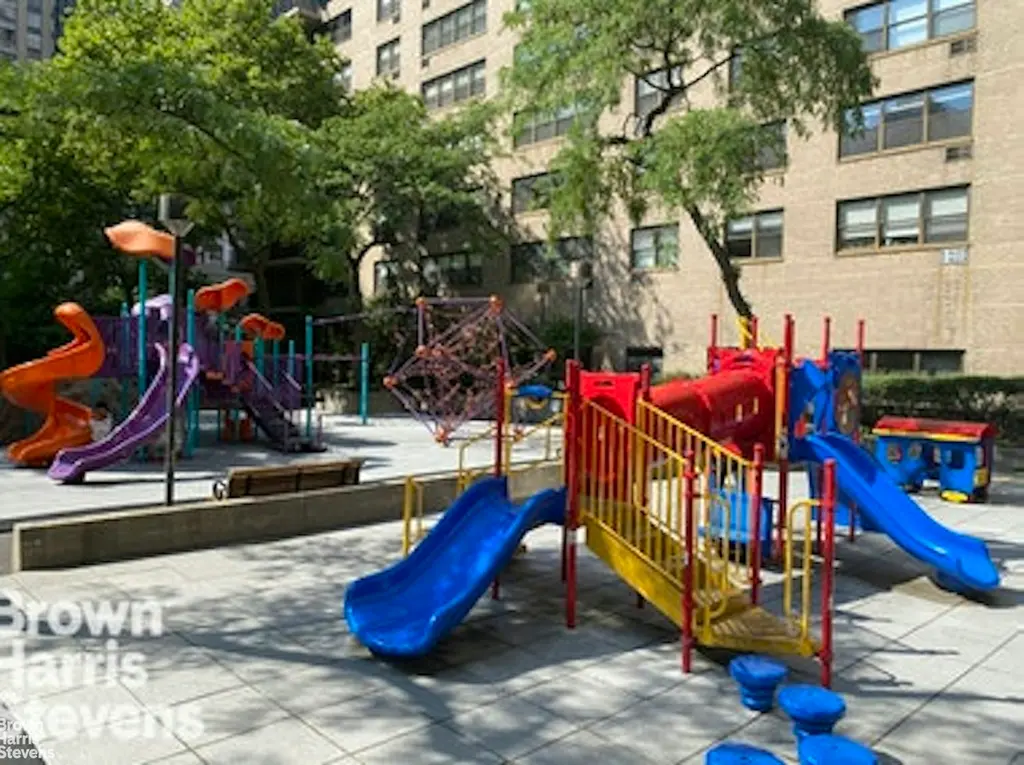
Bergen Brooklyn, #TH104W
$4,750,000
Boerum Hill | Condominium | 3 Bedrooms, Unknown Baths | 3,443 ft2

Bergen Brooklyn, #TH104W (AVDOO & PARTNERS DEVELOPMENT MARKETING INC)
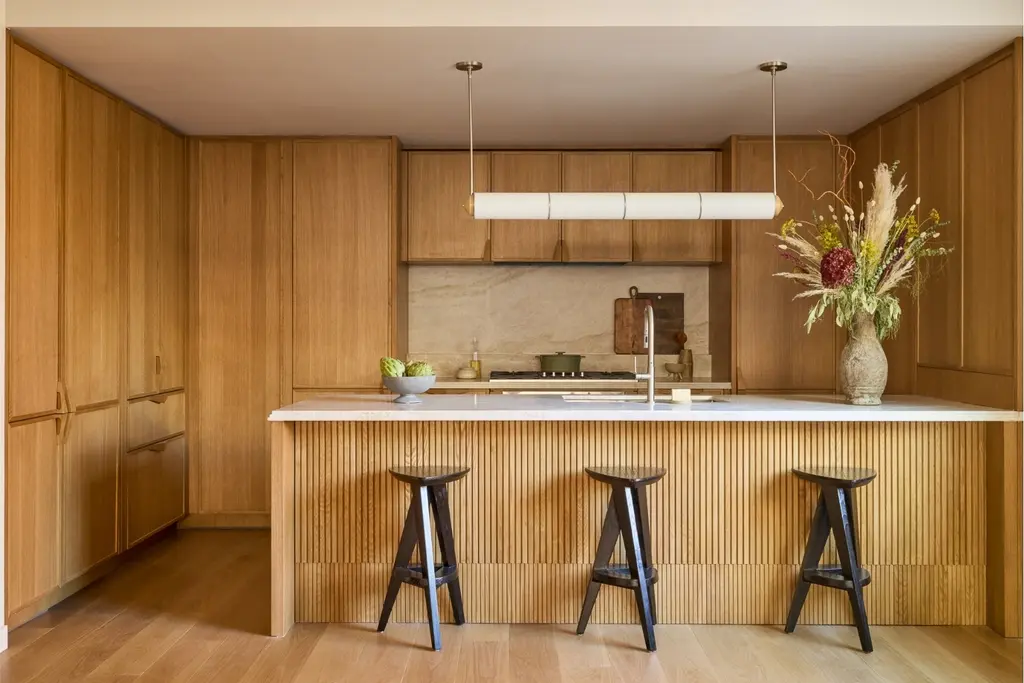
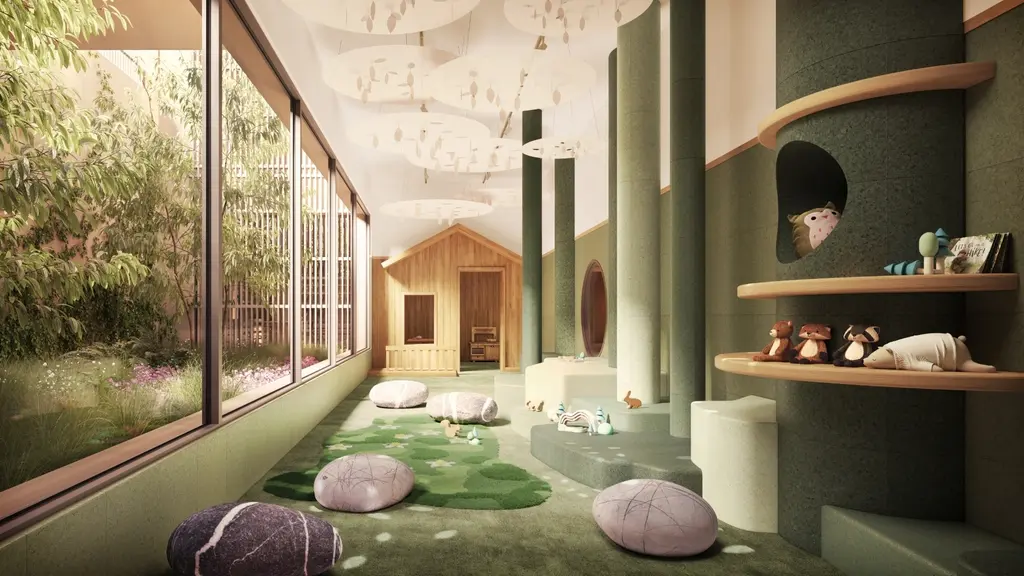
Would you like to tour any of these properties?
Just complete the info below.
Or call us at (212) 755-5544
Would you like to tour any of these properties?

Contributing Writer
Cait Etherington
Cait Etherington has over twenty years of experience working as a journalist and communications consultant. Her articles and reviews have been published in newspapers and magazines across the United States and internationally. An experienced financial writer, Cait is committed to exposing the human side of stories about contemporary business, banking and workplace relations. She also enjoys writing about trends, lifestyles and real estate in New York City where she lives with her family in a cozy apartment on the twentieth floor of a Manhattan high rise.


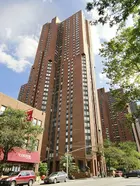
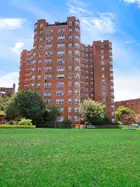

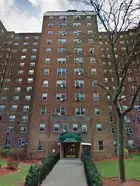









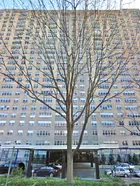



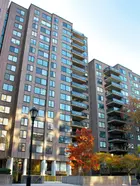



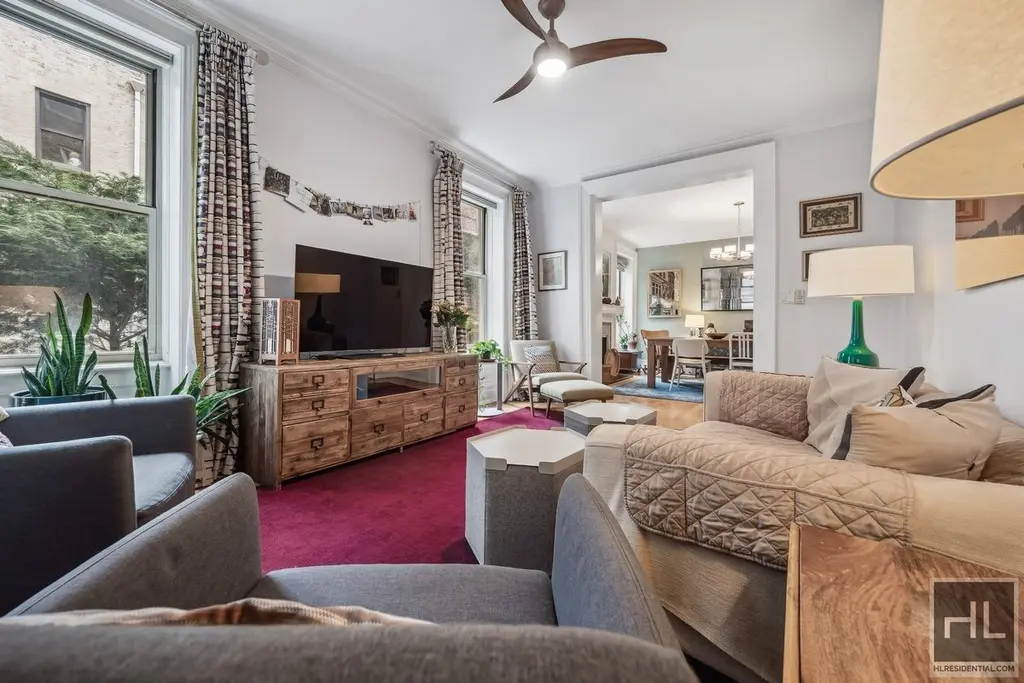
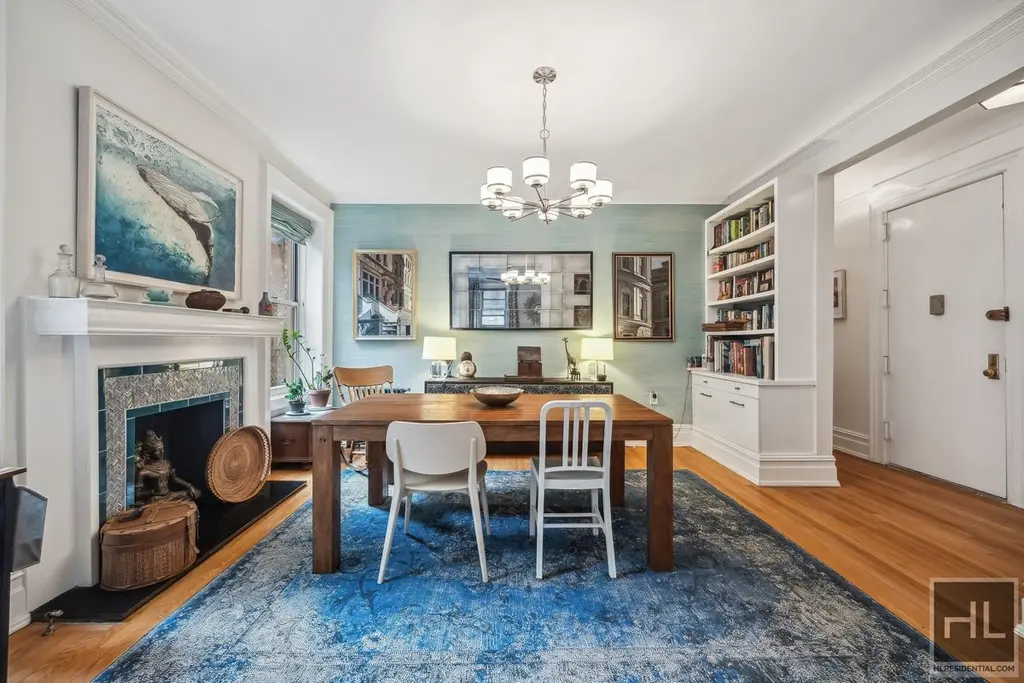
 6sqft delivers the latest on real estate, architecture, and design, straight from New York City.
6sqft delivers the latest on real estate, architecture, and design, straight from New York City.
